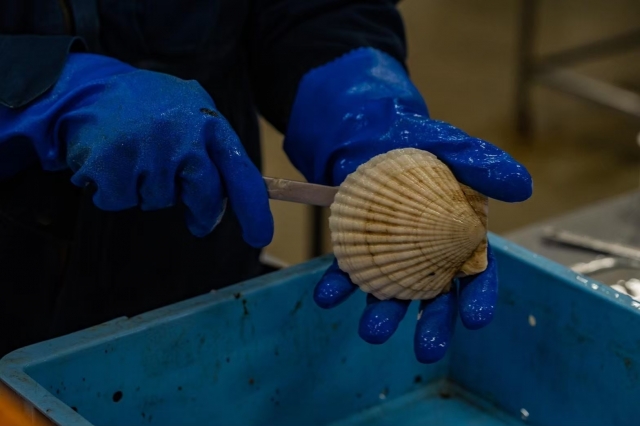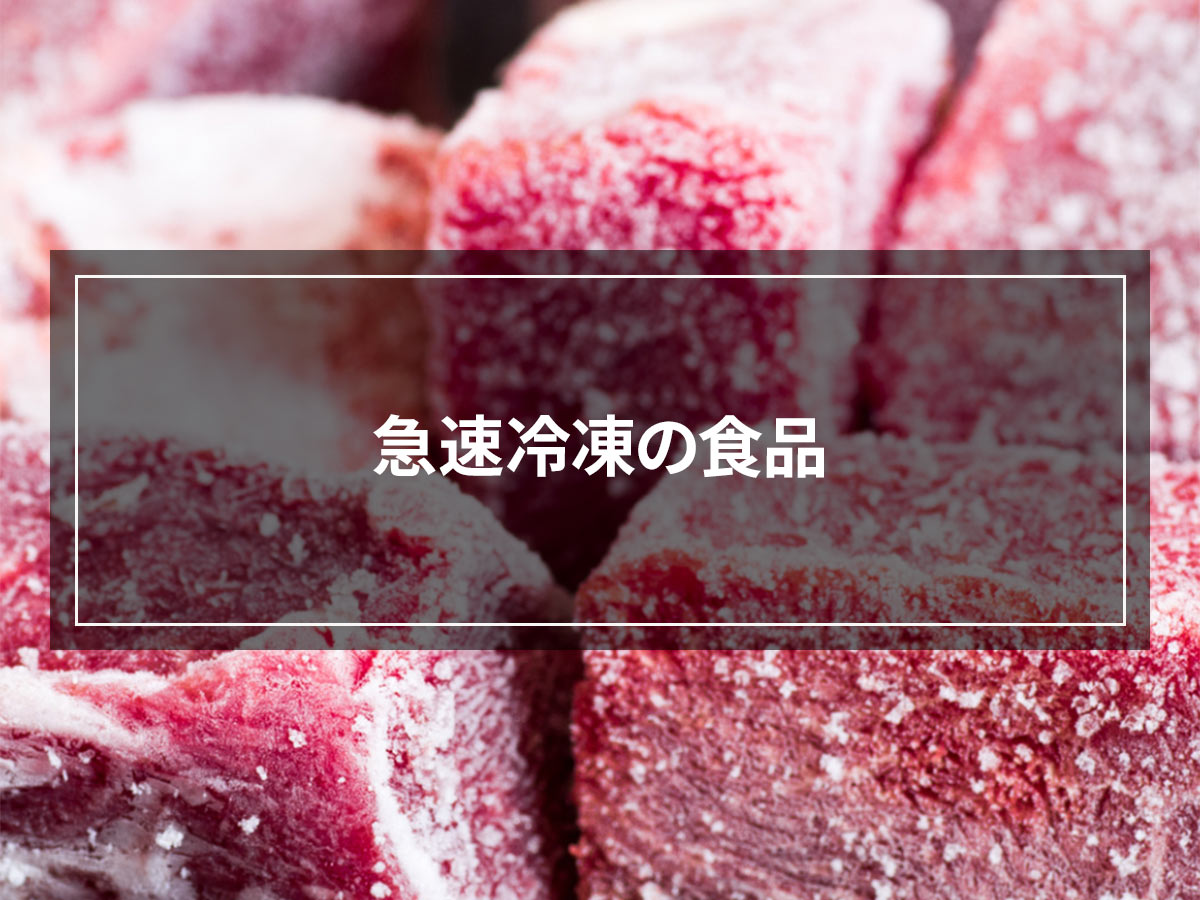Advantages of restaurant FC (franchise) development and points to avoid failure
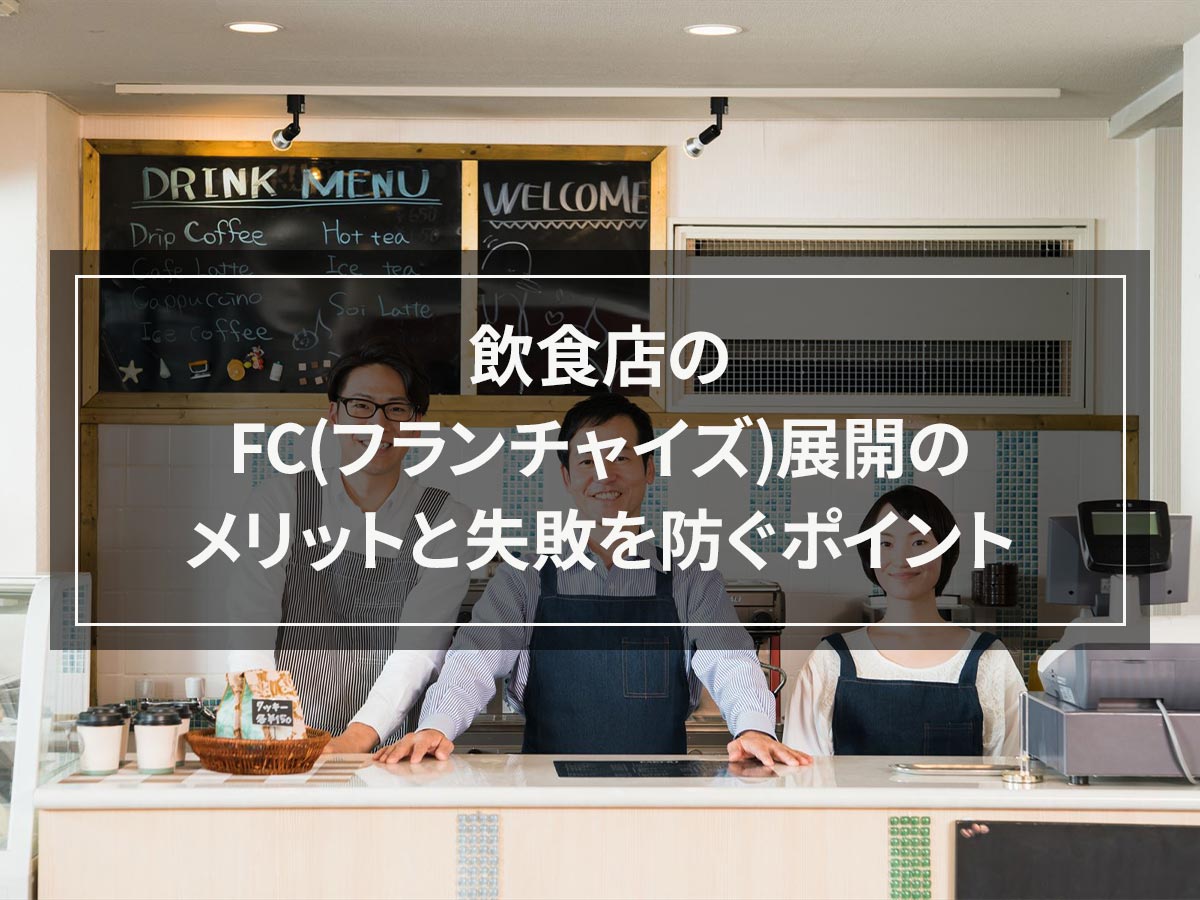
When a restaurant wants to expand its market share, one option is the business model of FC (franchise) development.
In order to succeed in franchising amidst the harsh conditions faced by restaurants in recent years, it is necessary to differentiate ourselves from competitors and improve our systems in all aspects.
One step toward creating a better franchise development system is the introduction of a device called a ` rapid freezer.''
In this article, we will introduce the franchise system, its advantages and disadvantages, and the appeal of the `` rapid freezer'' that will lead to successful franchise expansion.
目次
What is restaurant FC (franchise) development?
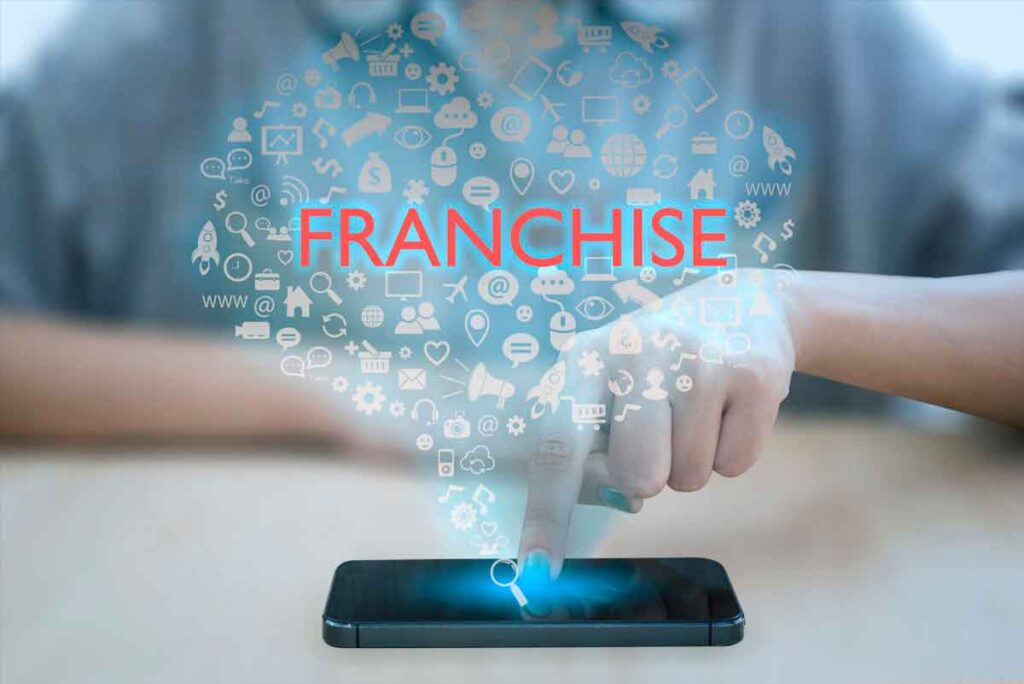
Franchise is a general term for a business model in which a business operator (FC headquarters) signs contracts with other business operators (affiliated stores) to manage stores and develop businesses.
In exchange for receiving a "franchise fee" or "guarantee deposit" from member stores at the time of contract, FC Headquarters provides various rights related to the following:
- brand name
- Participating Chain Trademarks
- unique system
- Original product
- know-how
- Purchase route
Another major feature of franchising is that member stores continually pay the above-mentioned rights consideration to the FC headquarters as "royalty."
In this system, the FC headquarters is also called the ``franchisor,'' and the member stores are also called ``franchises.''
Difference between directly managed stores and FC expansion
There are two ways for a restaurant to open multiple stores: directly managed stores and franchise development. There are the following differences between the two.
| Directly managed store | FC expansion | |
| Funding for opening a new store | Your company will bear the burden | Affiliated store pays |
| Employment, management, and training of staff | do it in-house | Performed by the franchisee (sometimes participating in training at the FC headquarters) |
| Store management/operation | do it in-house | Performed by member stores |
| promotional expenses | Can be distributed freely to each store | Generally distributed according to sales ratio |
| Main profit | Sales of each store | Royalties from member stores |
At a directly managed store, all sales go to the company.
However, this requires hiring staff, managing equipment, and operating everything in-house.
On the other hand, with a franchise, the franchisee is responsible for the opening costs of the store.
Since the member store also hires staff and manages equipment, the management burden on the company itself is likely to be less than that of a directly managed store.
However, a portion of the sales goes to the franchised stores, so generally the profits that go into the company are lower than those from directly managed stores.
Types of FC deployment
There are three types of franchise development:
business format type
The FC headquarters teaches franchisees the business format necessary for store management, and franchisees conduct business using that format. It has the advantage of being able to use a proven format, and is the most common form of franchising both domestically and internationally.
turnkey
In this format, the FC headquarters prepares stores that are ready to open and hands them over to franchisees.
The word comes from the word "turnkey," which means "just turn the key to open the door." By providing the equipment and systems necessary for store management in advance, even franchisees with little specialized knowledge can start a business.
conversion type
In order to expand sales channels, this is a form of recruiting similar businesses as member stores.
Although those who become franchisees will lose some of their uniqueness, both parties can expect the benefits of stable business operations through cooperation and information sharing with former competitors.
The origin of the word is "conversion," which means "transformation, change."
Advantages of restaurant franchise expansion

In recent years, the benefits of franchising restaurants have attracted attention in various media.
Here, we will explain in detail the effects and benefits that you can expect from opening a restaurant franchise.
You can open multiple stores with low risk.
When opening a directly managed store, it takes a lot of time and money to select the property for the new store, renovate it, and hire staff to work at the store.
On the other hand, when opening multiple stores with a franchise, the franchisee is responsible for financing the costs of opening new stores, so it is possible to increase the number of stores with low risk.
In addition, since the member store basically handles store opening preparations and staff training, it is possible for the store to open smoothly.
However, when developing a turnkey franchise, opening preparations are the responsibility of the franchise headquarters. Generally, the funds required to open a business are reflected in royalties and franchise fees, but the man-hours required to prepare for the opening, such as searching for a property, are likely to be necessary.
Expect stable profits
When a restaurant operates a franchise, the franchise fees and royalties paid by franchisees are generated as income.
Franchise fees are paid by franchisees when they sign a franchise agreement. Although it is only received once, the average value of the franchise fee is over 1 million yen, and it can be said to be a major source of income for the FC headquarters.
Royalties, on the other hand, are paid periodically by merchants. There are several ways to determine royalties: If it is a sales commission method, it would be something like ``you pay ◯% of sales every month.''
- Sales commission method
- Fixed amount method
- gross profit method
In franchise development, the more franchisees there are, the more revenue from royalties will increase, and stable management can be expected.
You can expand your share
Another benefit of franchising is that by increasing the number of member stores, you can expand your share in the industry.
For example, let's assume that a restaurant that has been operating only in Tokyo has opened a franchise in the Kansai area.
By doing so, there will be more opportunities for customers in Osaka, Kyoto, and Kobe to be recognized, and as a result, we can expect an increase in the number of customers for the entire chain store.
Also, if information such as ``A restaurant that opened for the first time in the Kansai area is a hot topic'' is published in the media, it may catch the attention of prospective members. As a result, as the number of affiliated stores increases, our share in the industry will also expand.
Furthermore, if you can attract rivals as franchisees through conversion-type franchise development, competition will also be reduced.
Disadvantages of restaurant franchise expansion

When a restaurant operates as a franchise with multiple locations, there are some disadvantages, such as:
It takes time to prepare and manage
Starting a franchise requires time-consuming work such as standardizing operations, systemizing operations, and preparing manuals.
This is because affiliated stores must practice similar operations in order to reproduce the company's services and tastes.
Furthermore, franchising does not end once you sign a contract with a member store.
For example, if you are a coffee specialty store, you will need regular checks and guidance to see if you are providing coffee of the same quality as the main store.
If you want to increase the number of affiliated stores to tens or hundreds, you will also need to train supervisors and consultants to check quality and provide guidance.
If there is a store that has problems such as ``Even though we are offering products that should sell well, sales are not increasing easily'' or ``We are not attracting as many customers as we would like,'' the FC headquarters will work with them to resolve the issue. It is also important to have
In addition, if there is a complaint that ``royalties are too high'' due to the recent rise in raw material costs, for example, it will be necessary to negotiate with the franchisee.
When operating multiple stores as a franchise, a variety of tasks occur as described above. Even if you can successfully systemize it, it is undeniable that it takes time and effort to manage it.
There is a risk of leakage of know-how and technology
In franchising, in exchange for receiving royalties from franchisees, we provide our own know-how and technology.
What you need to be careful about is the problem of, for example, a ``recipe that recreates a secret taste'' that your company has taught to its franchisees being leaked to competitors.
After the franchise agreement ends, some franchisees may open a restaurant similar to their own in the same area.
To prevent such problems, many franchise headquarters include a "non-compete clause" in their contracts. A non-compete clause is a rule that prohibits the same business from operating in the same commercial area for a certain period of time after the contract ends.
However, some point out that the non-compete clause violates Article 22, Paragraph 1 of the Constitution: ``Everyone has the right to freedom of residence, relocation, and choice of occupation, so long as it does not conflict with the public welfare.''
Reference: Regarding freedom of career choice stipulated in Article 22 of the Constitution (Ministry of Health, Labor and Welfare)
Although the risk of know-how and technology leakage will never be completely eliminated, it is necessary to take measures such as reminding parties to maintain confidentiality.
Difficult to maintain quality of food and service
In the case of franchise development, store operations, including human resources and quality management, are basically carried out by the owner of the franchised store. Compared to directly managed stores, there will likely be variations in food taste and service.
If affiliated stores cannot maintain the same quality of food and service as the FC headquarters, there is a risk that the brand image that has been maintained up to now will be damaged.
[Restaurant] Tips to prevent FC expansion failure

There are several tips to prevent failures in restaurant franchise development, but the most important thing is to ensure that the franchise store has stable management for a long time.
Additionally, in order to prevent the leakage of your company's know-how, it is important to securely protect any information that you do not want to share with others through a contract.
Here, we will introduce two points to prevent failure in franchise expansion.
Take measures to prevent unpaid royalties
Royalties are an important source of income for FC headquarters. You will need to think about measures to prevent unpaid royalties in advance.
In order to avoid unpaid royalties, it is important to draw up the contract in detail.
For example, it is possible to receive a deposit in advance, set a late payment fee in the event of a delay in royalty payments from a member store, and be able to change the deadline for collecting royalties when a member store goes out of business. While you're giving it a shape, make sure the content doesn't allow franchisees to do whatever they want.
Additionally, it is important to be clear about the obligations that the FC headquarters may have, such as regarding the ongoing guidance and assistance that the FC headquarters provides to franchisees.
Establish a reproducible success model
In order to avoid failure when developing a franchise, it is important to establish a business model that is highly reproducible and profitable.
For this reason, in the case of restaurants, it is important that customers can have the same experience (delicious food) no matter when or which store they visit.
Delicious food is a major premise for restaurants, and customers expect franchise stores to enjoy the same taste as they would at a directly managed restaurant. In order to provide the same taste as the food served at directly managed restaurants, it is important to not rely on the skill of the cook.
Especially in these days when it is said that there is a shortage of cooks, it is necessary to develop operations to the point where even part-time workers can provide the same taste.
One of the most effective ways to do this is rapid freezing food.
By creating a system in which food prepared at directly managed stores is flash-rapid freezing and then served at franchised stores by thawing or simply cooking, we can provide the same taste as at our directly managed stores.
This method also prevents the leakage of in-house know-how. Since the information conveyed to franchise stores is only about simple cooking methods, it can be said that leakage of recipes etc. is less likely to occur.
"rapid freezer" are also useful for restaurant franchise expansion!
As mentioned above, by using rapid freezer, anyone can easily provide products of stable quality, which is important when expanding a franchise.
The latest freezing technology prevents quality deterioration by freezing without destroying cells.
As a result, compared to conventional freezing, which degrades quality, it is possible to reproduce at a high level the freshness of freshly caught fish and the quality produced by professional chefs.
With the expansion of restaurant franchises, there are an increasing number of cases in which rapid freezing is being used as a means of stabilizing service quality.
Conclusion
Developing a restaurant franchise has the benefits of stable profits, expanding market share, and the ability to open multiple stores with low risk.
On the other hand, measures are also required to prevent know-how from being leaked and the quality of food and service to deteriorate when opening multiple stores.
For this purpose, we recommend using a `` rapid freezer'' which allows food to be frozen quickly without sacrificing quality.
If you are interested in rapid freezer please take a look at the materials.




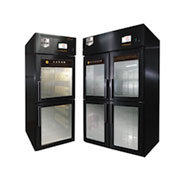



![[Storage period increased by 30 times! ] Achieving a stable supply of raw whitebait!](https://shunkashutou.com/wp-content/uploads/2016/11/579c55e6d32e1385c250e8e7c3ed59a71.jpg)
![[Sales increased 100 times! ] rapid freezing the signature menu “Ni-katsu sandwich”!](https://shunkashutou.com/wp-content/uploads/2016/11/IMG_02391.jpg)
![[Horse sashimi] We have significantly reduced waste loss with rapid freezer!](https://shunkashutou.com/wp-content/uploads/2016/11/5fda59d0cbcdabde18e58c3c58c09ed0.jpg)
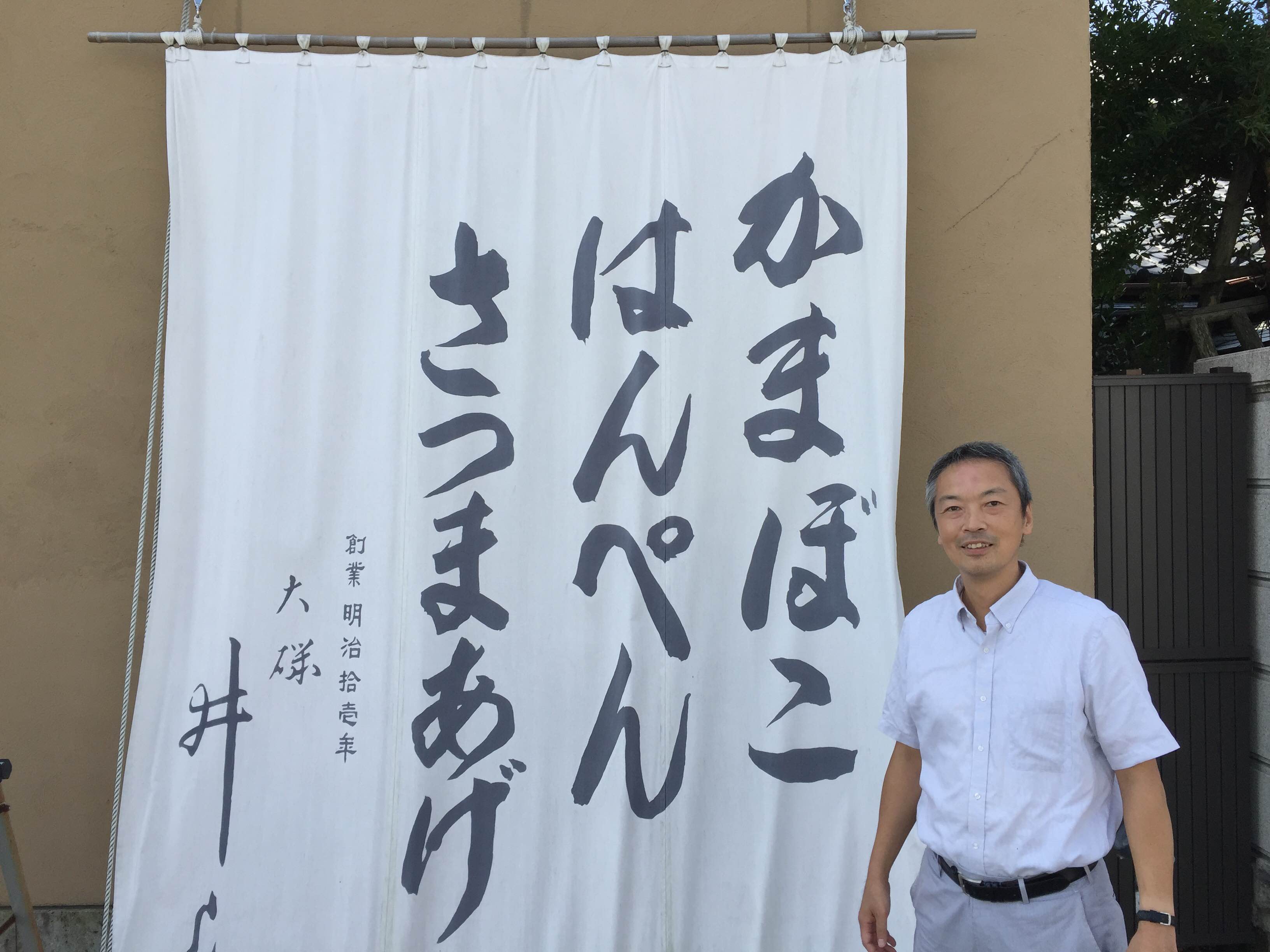
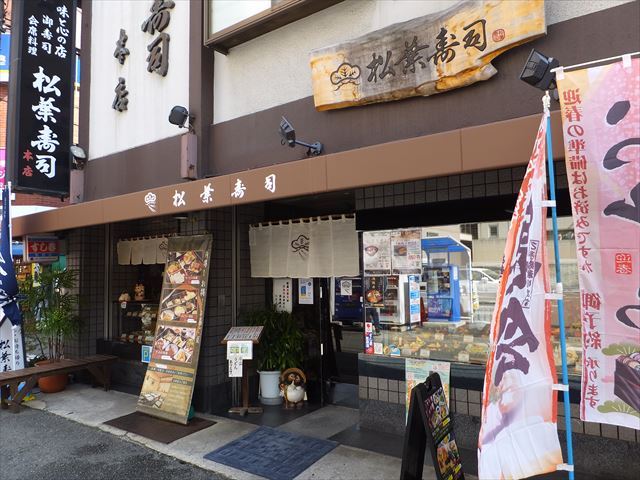


![[Storage period increased from 3 days to half a year! ] Restaurants are expanding their business using wholesale and mail order!](https://shunkashutou.com/wp-content/uploads/2018/04/66c19942ab4ba346fdb64ccc04cde373.png)
![[Reduce loss from 200 kg of oysters to zero] Improve loss and expand business with rapid freezer](https://shunkashutou.com/wp-content/uploads/2018/06/19785ca583a8d3c4041c7c192d041b0d.jpg)

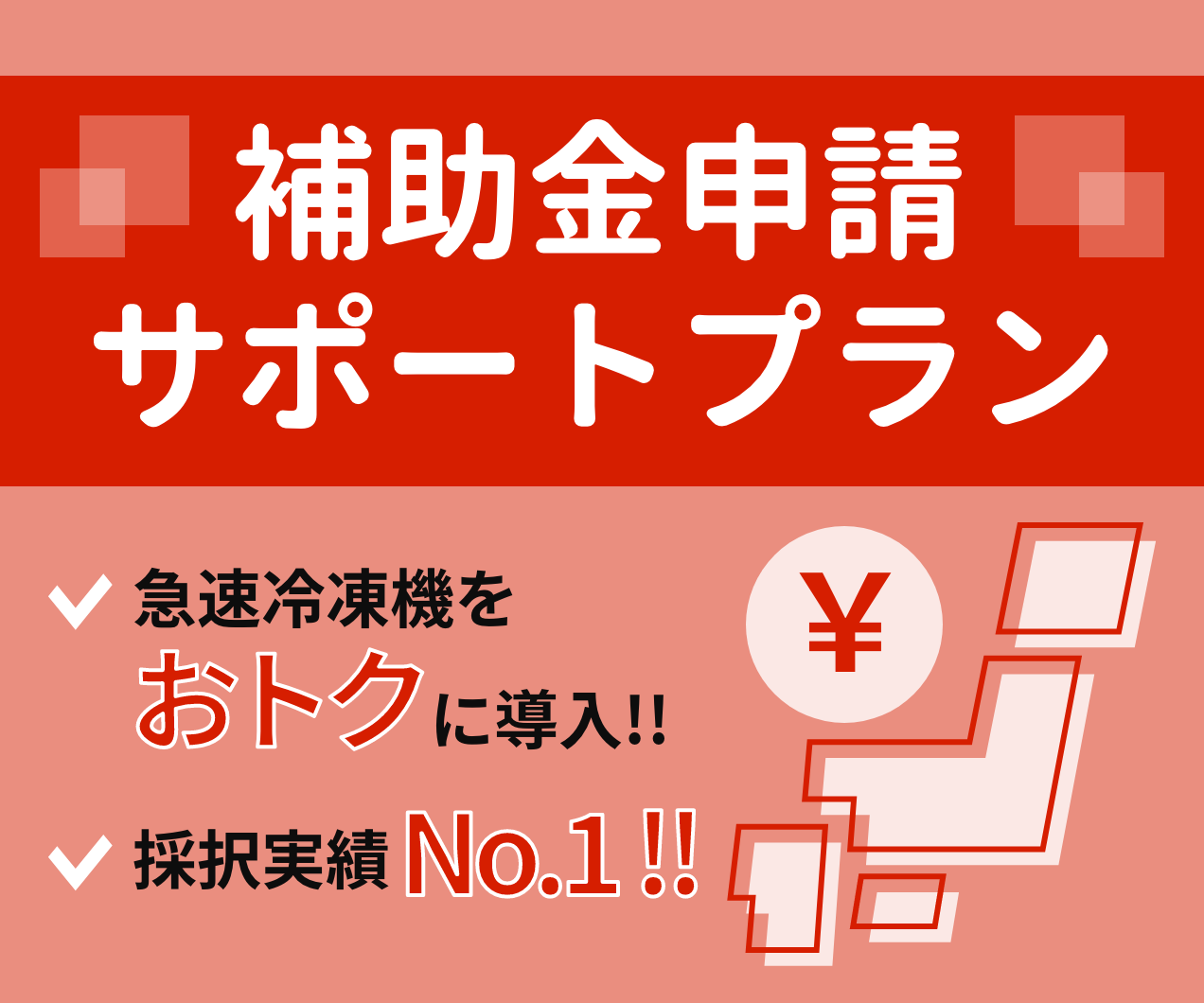

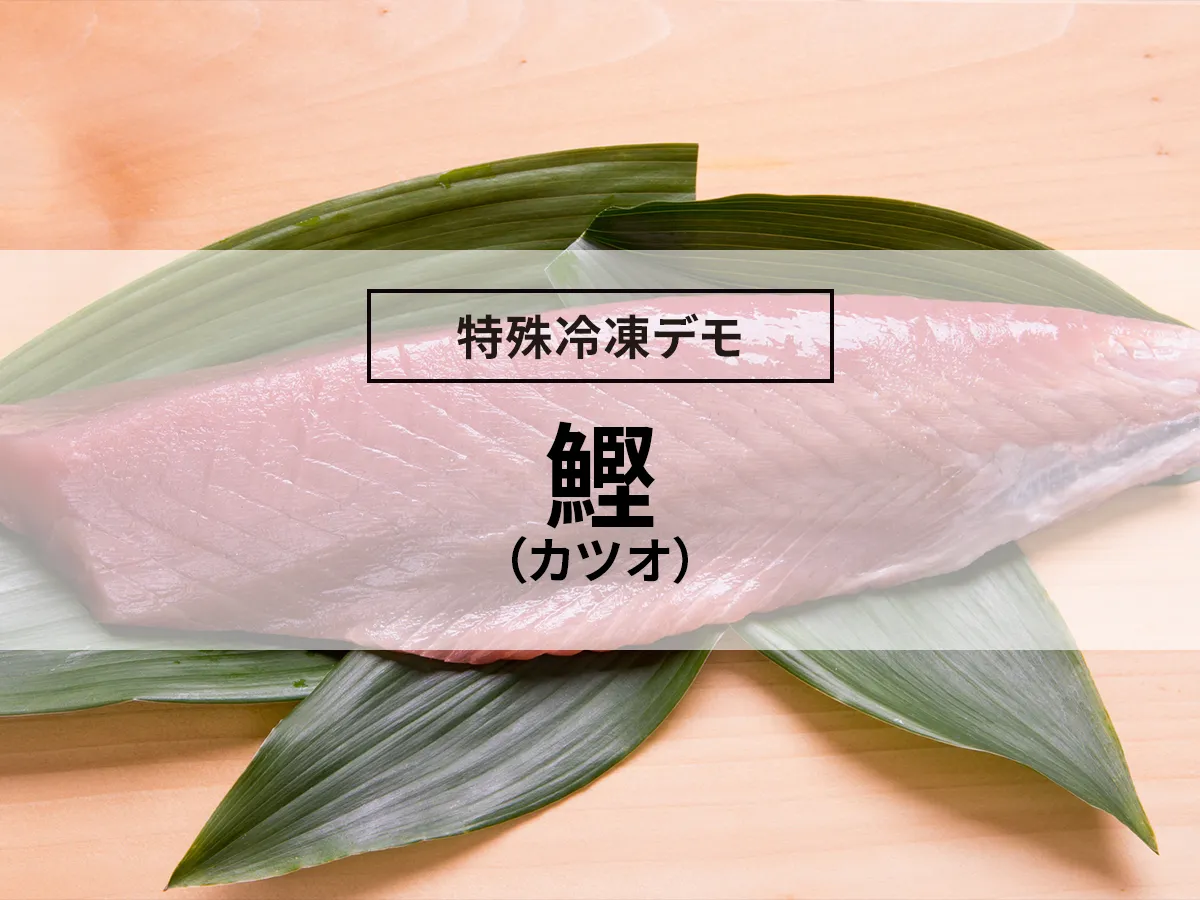
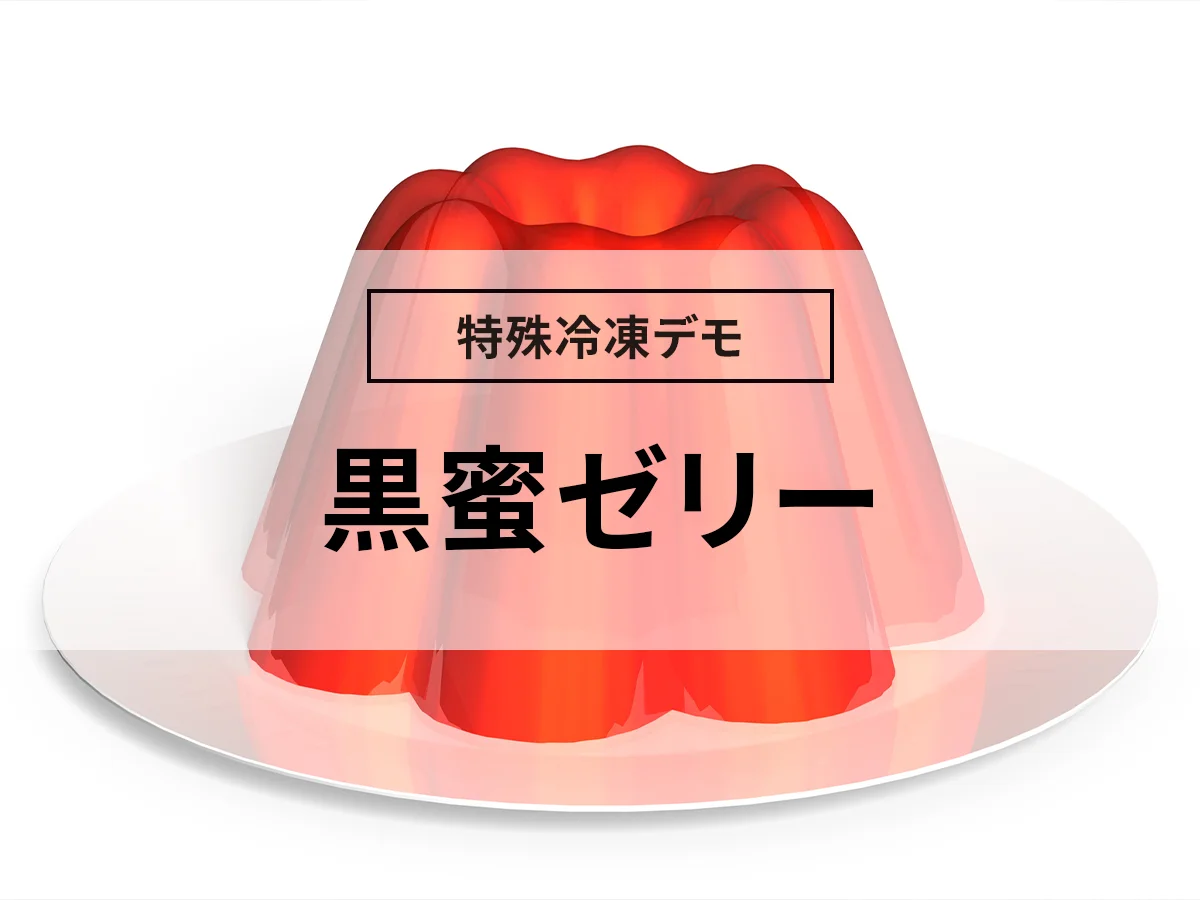
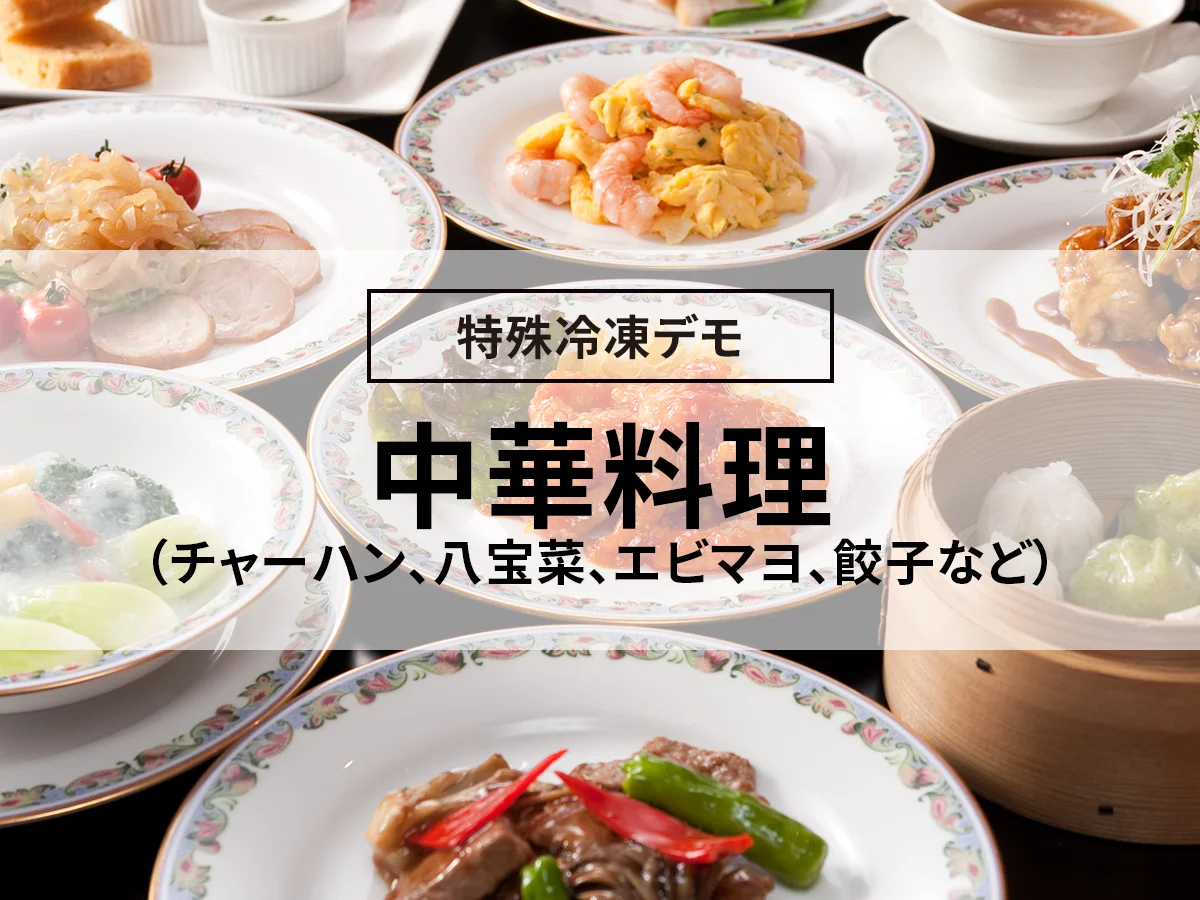
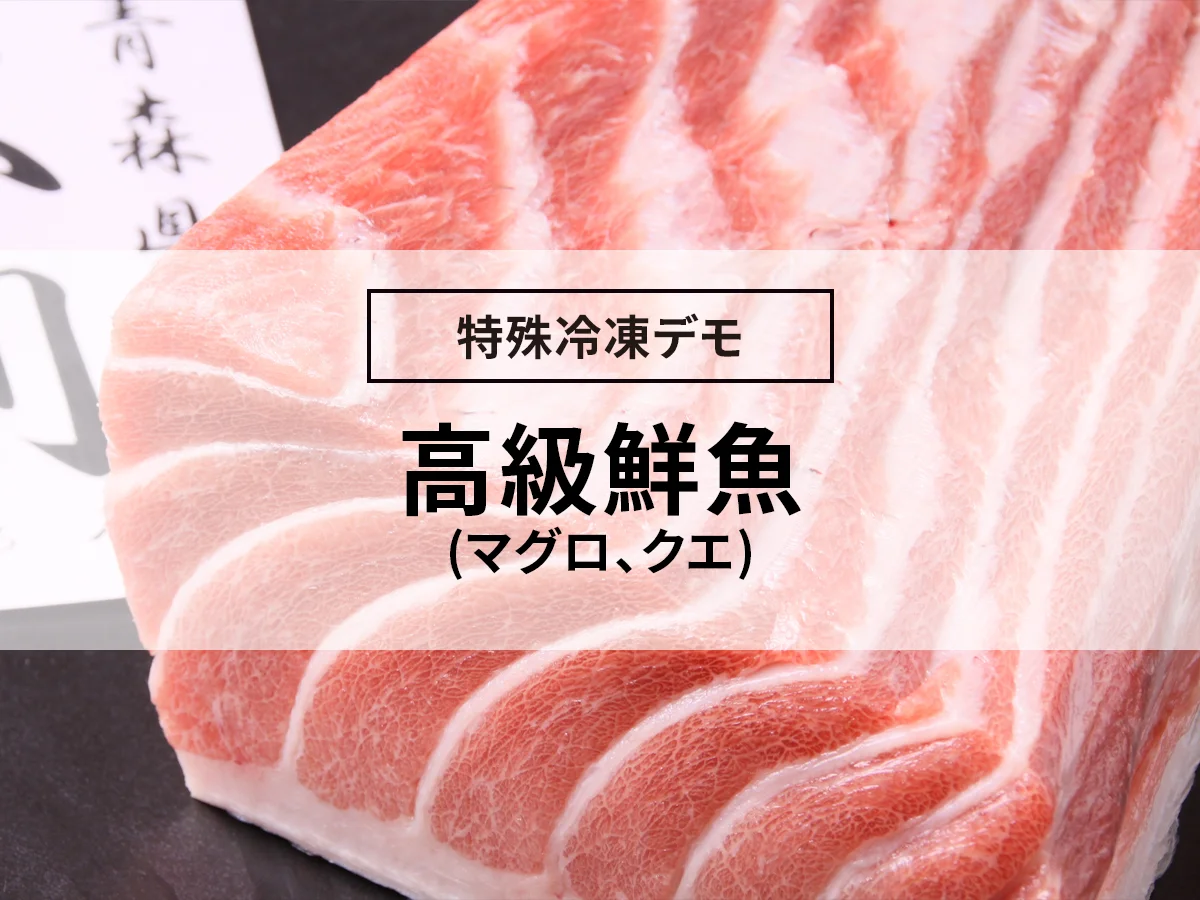
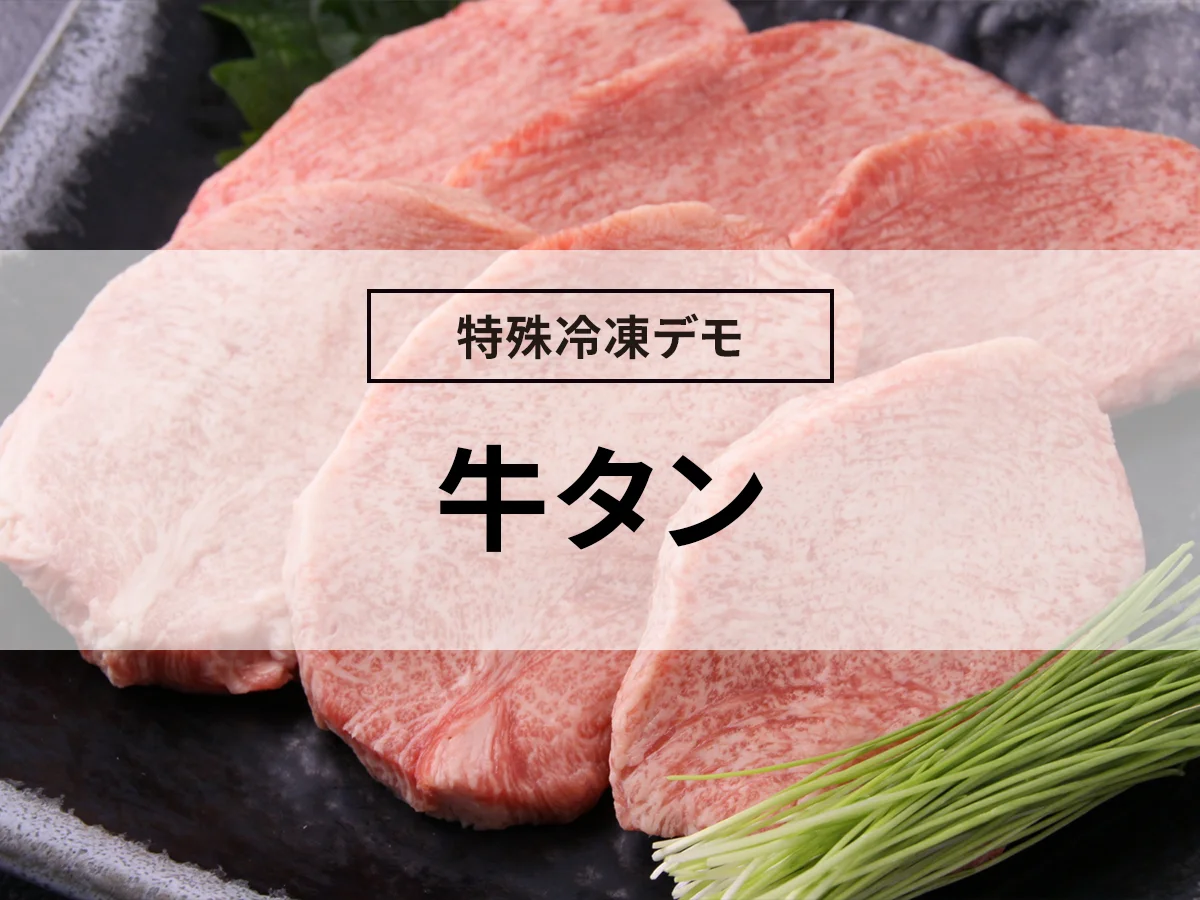


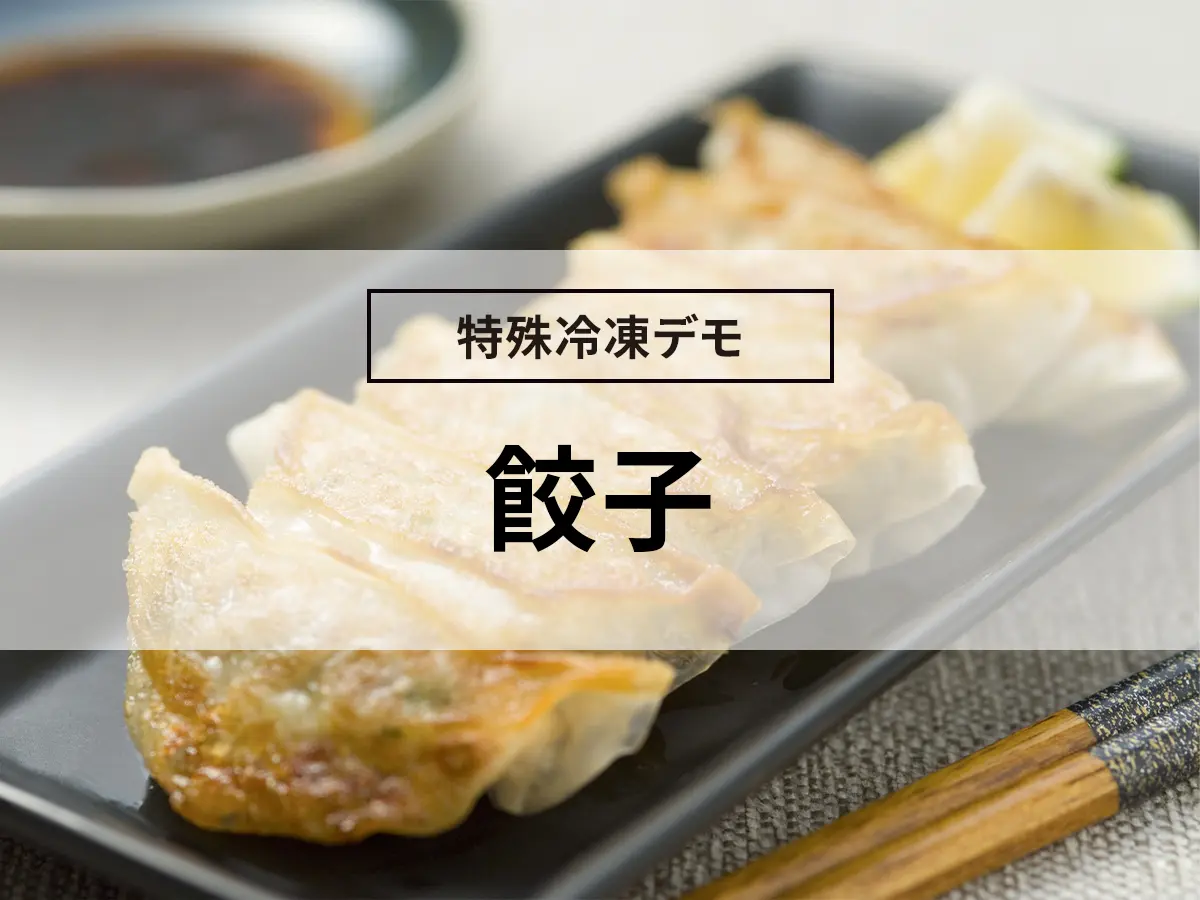



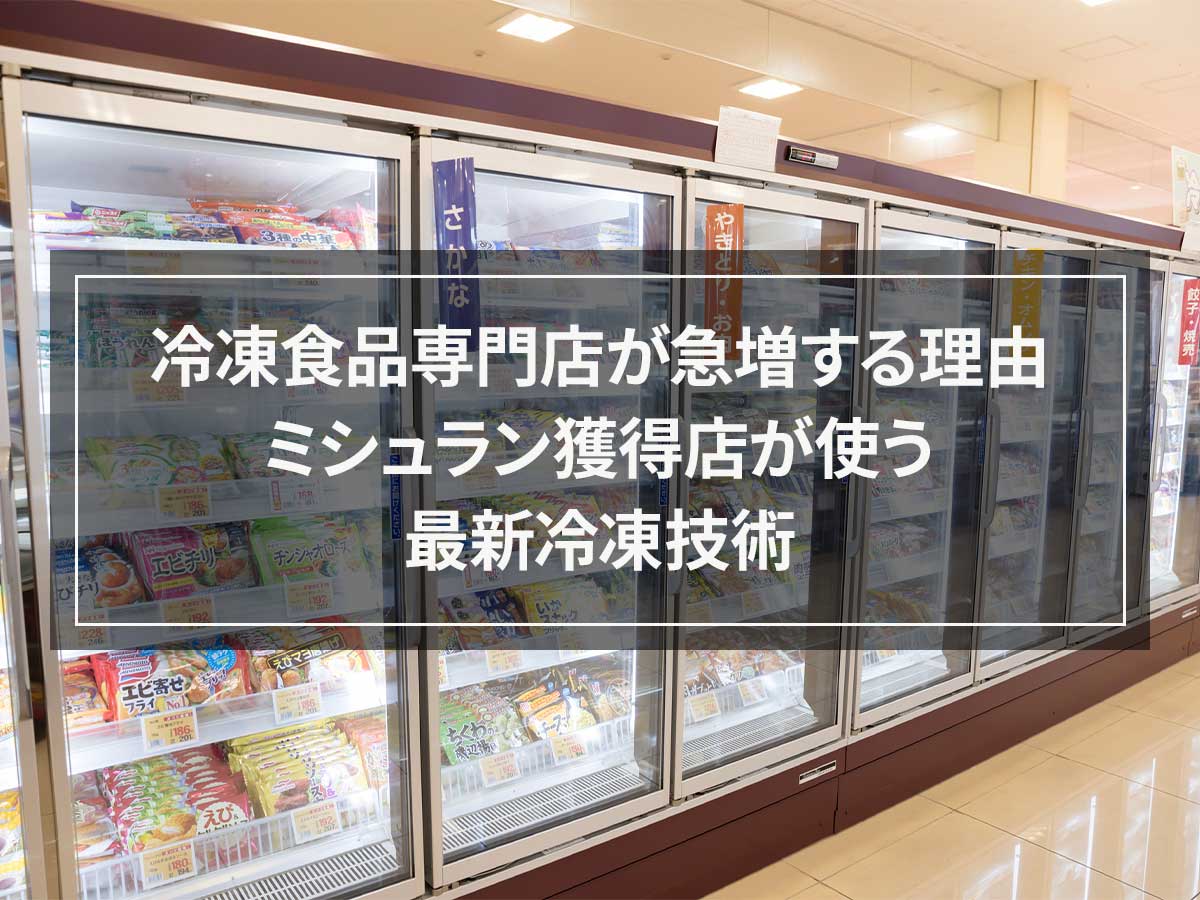
![[Increase sales! ] Three reasons why ramen restaurants should install rapid freezer](https://shunkashutou.com/wp-content/uploads/2024/08/deb66347f085932482279d9069d398c8.webp)
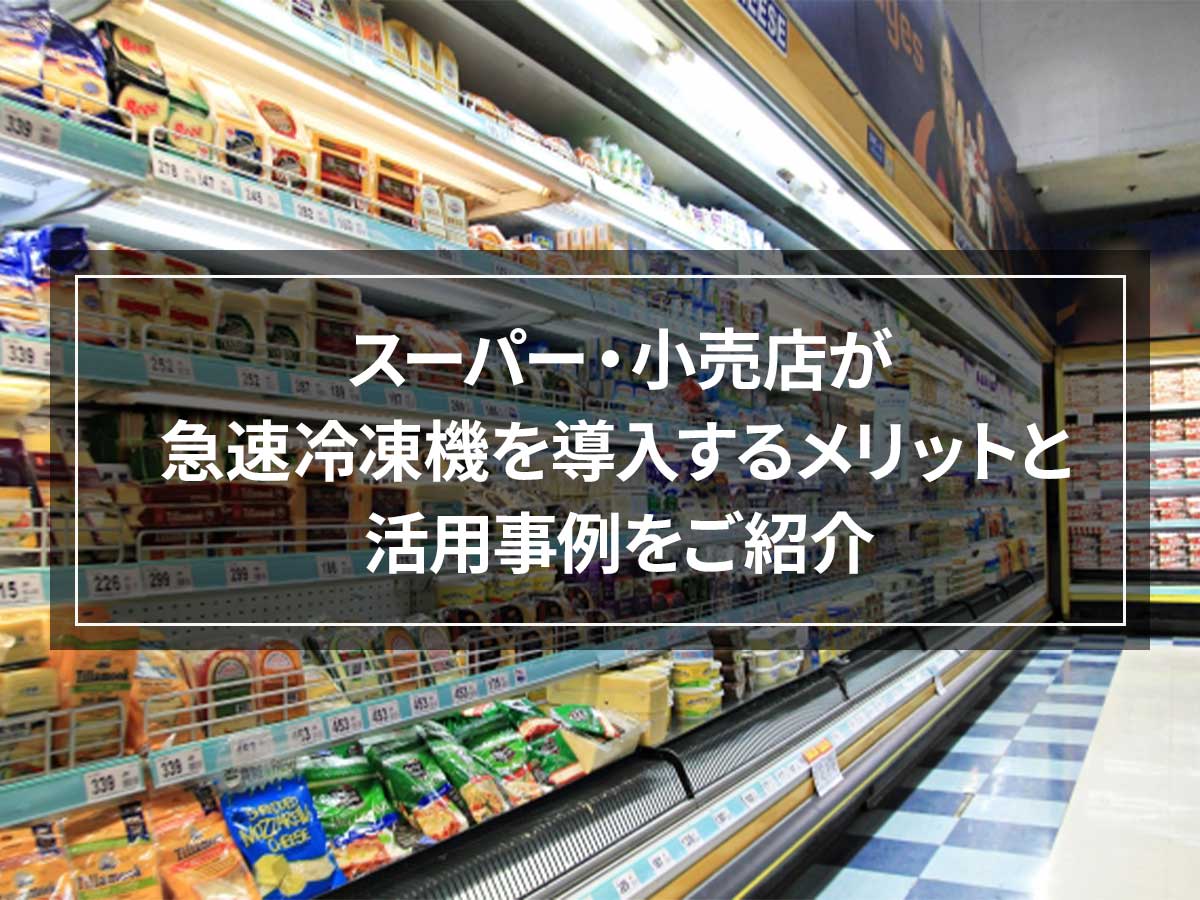


![[Must-see for bakers] 6 reasons why bakeries should use rapid freezing](https://shunkashutou.com/wp-content/uploads/2021/02/f92a102c9d3cc8c63dc7e509ce6d35d2.jpg)
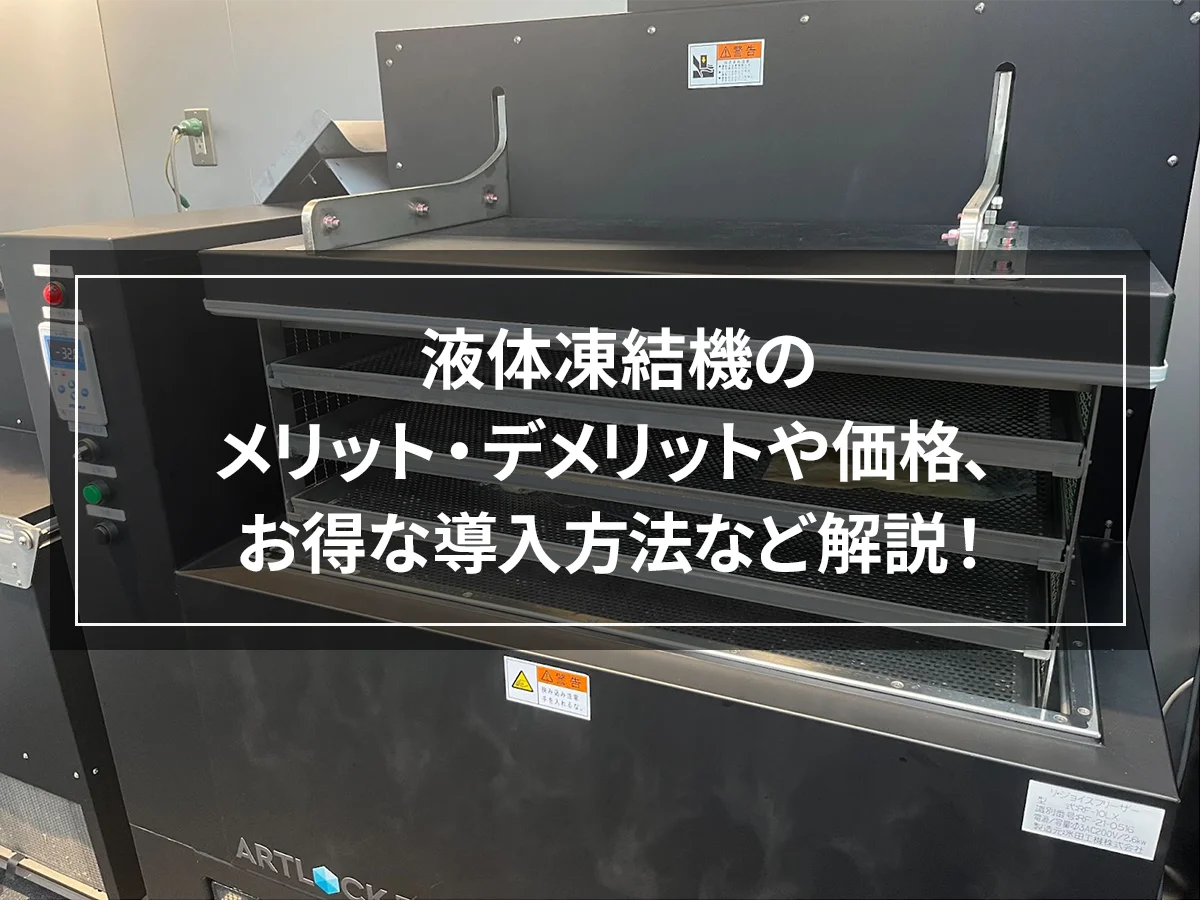
![[Solving issues in the retail industry] Liquid freezing machines that should be introduced in supermarkets](https://shunkashutou.com/wp-content/uploads/2024/10/60172f0f261fd750c4016165c3c56cc8.webp)

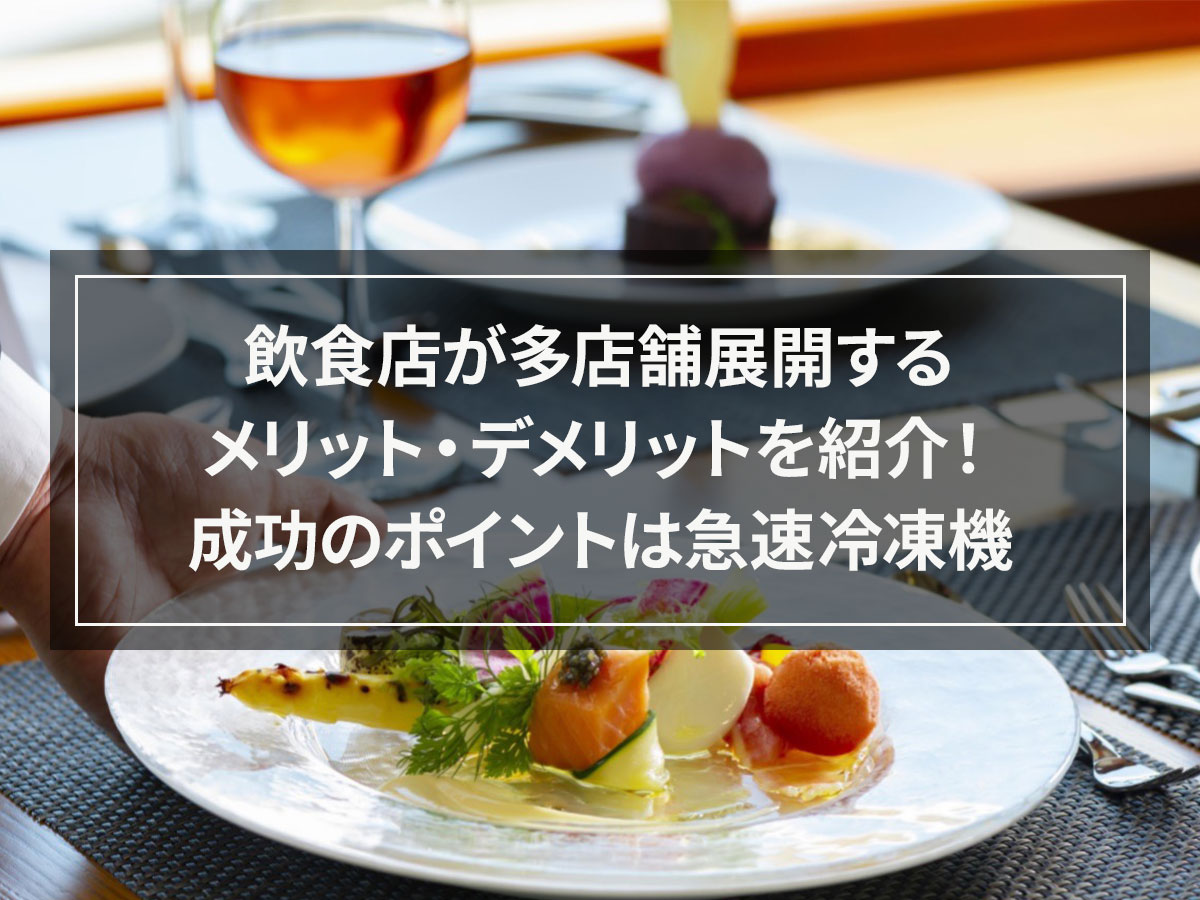


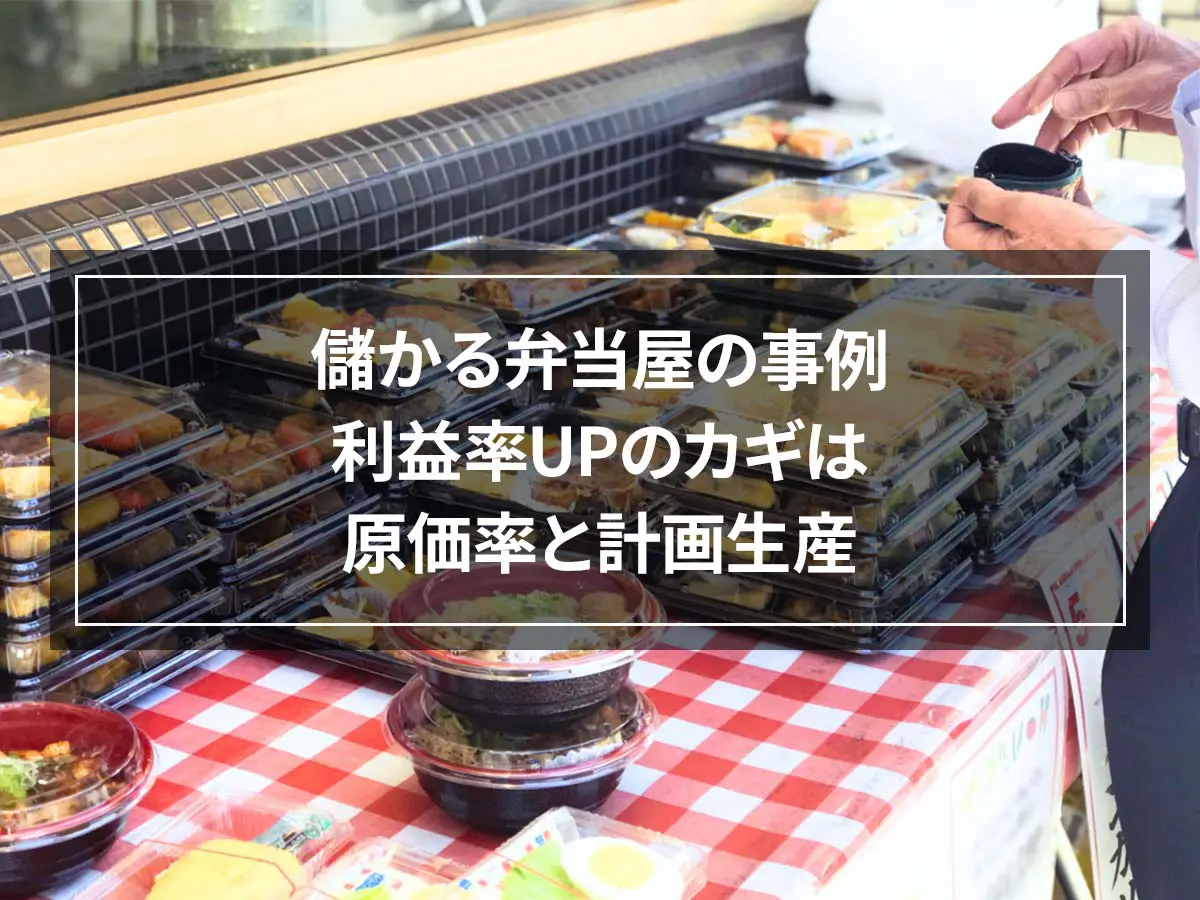

![[Restaurants/Restaurant] Advantages and success stories of introducing rapid freezer](https://shunkashutou.com/wp-content/uploads/2015/05/inshoku-article-eyecatch1.jpg)
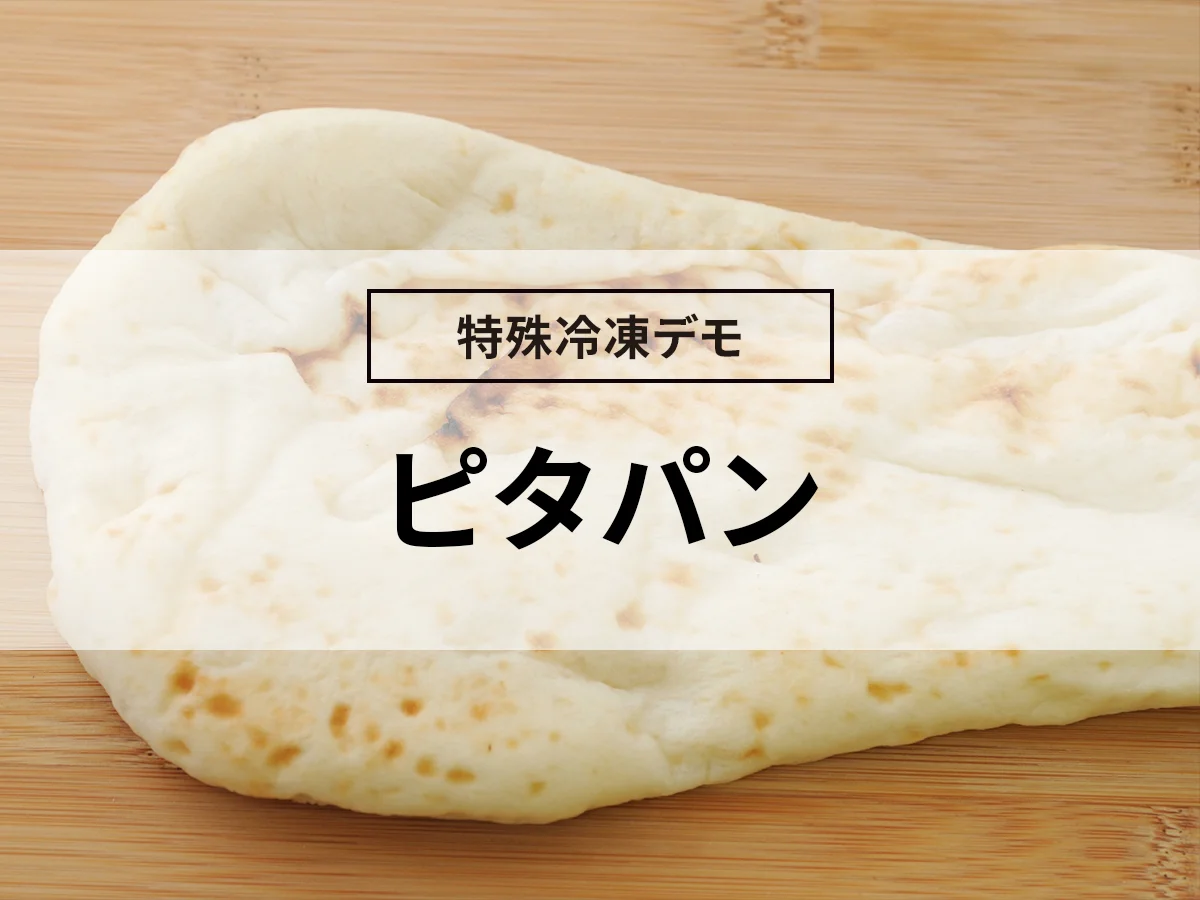
![[For the lunch box manufacturing industry] Business issues can be solved by using rapid freezing!](https://shunkashutou.com/wp-content/uploads/2024/04/f93f171f5d29bdb15c4b8d06e244b002.jpg)


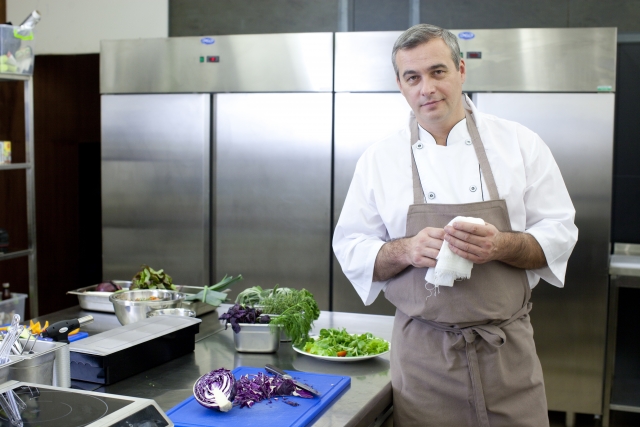
![[Freezing pickles] rapid freezing demo](https://shunkashutou.com/wp-content/uploads/2016/09/54443af8b86c85071ce9c09d80430b9a.webp)
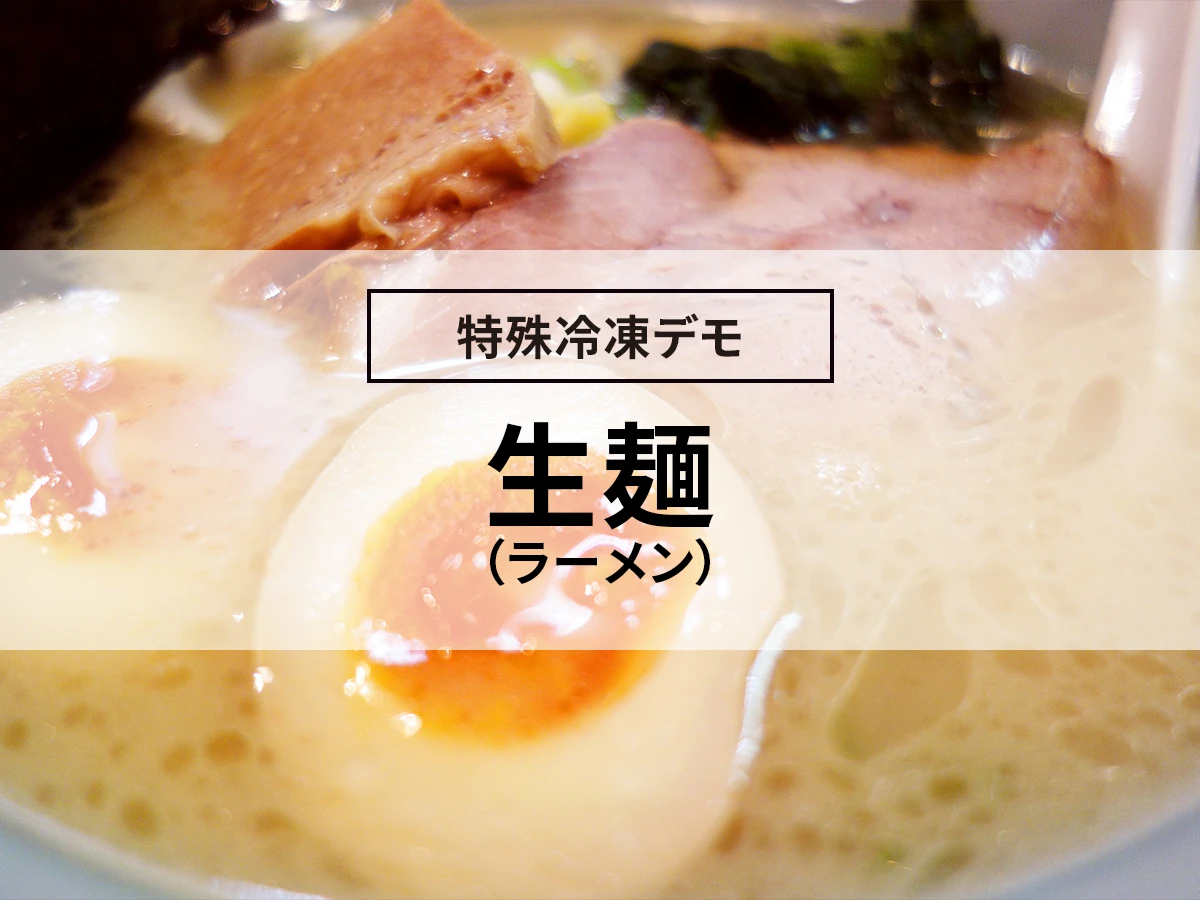
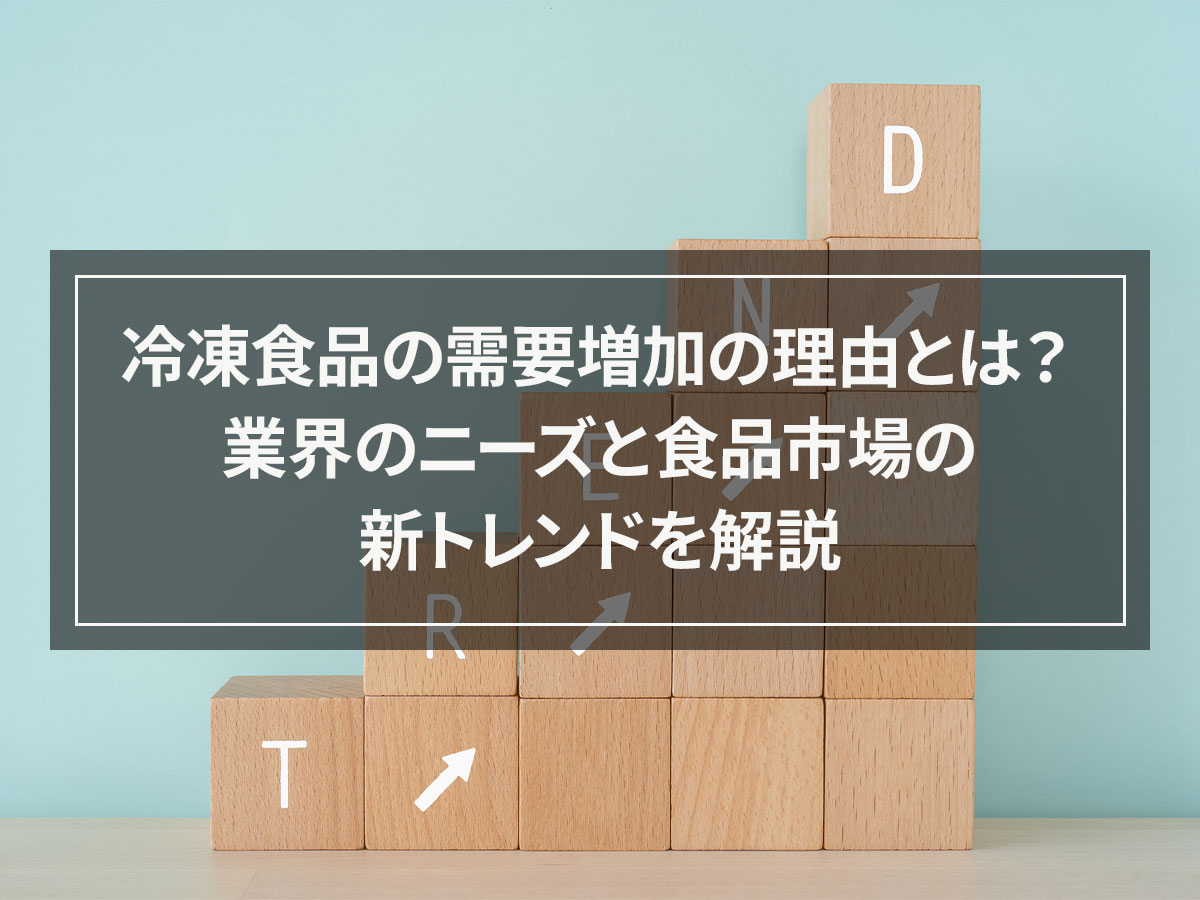
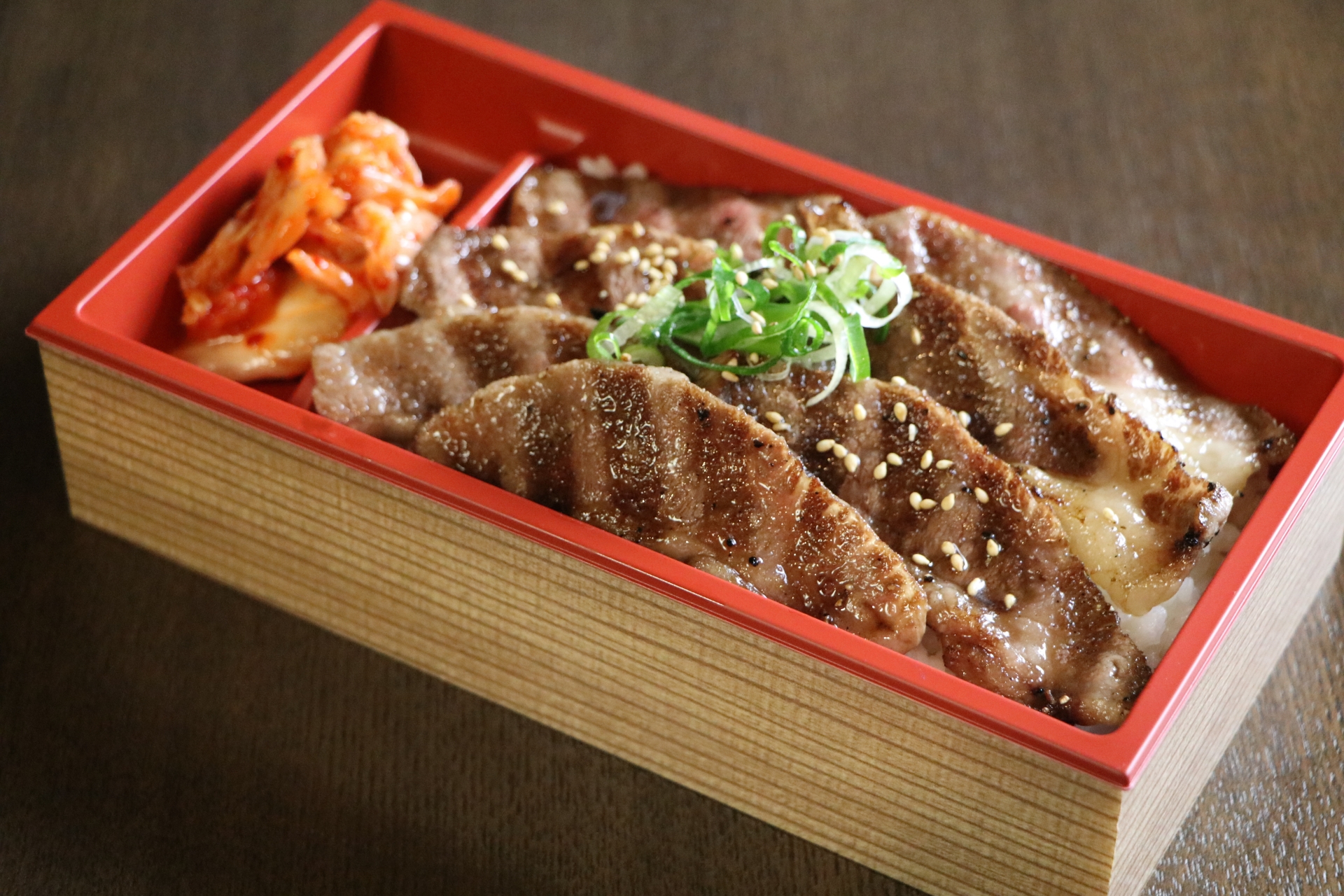

![[Manufacturing subsidies are recommended for rapid freezer! ] Explaining the ABCs of application](https://shunkashutou.com/wp-content/uploads/2020/12/4024568_s.jpg)
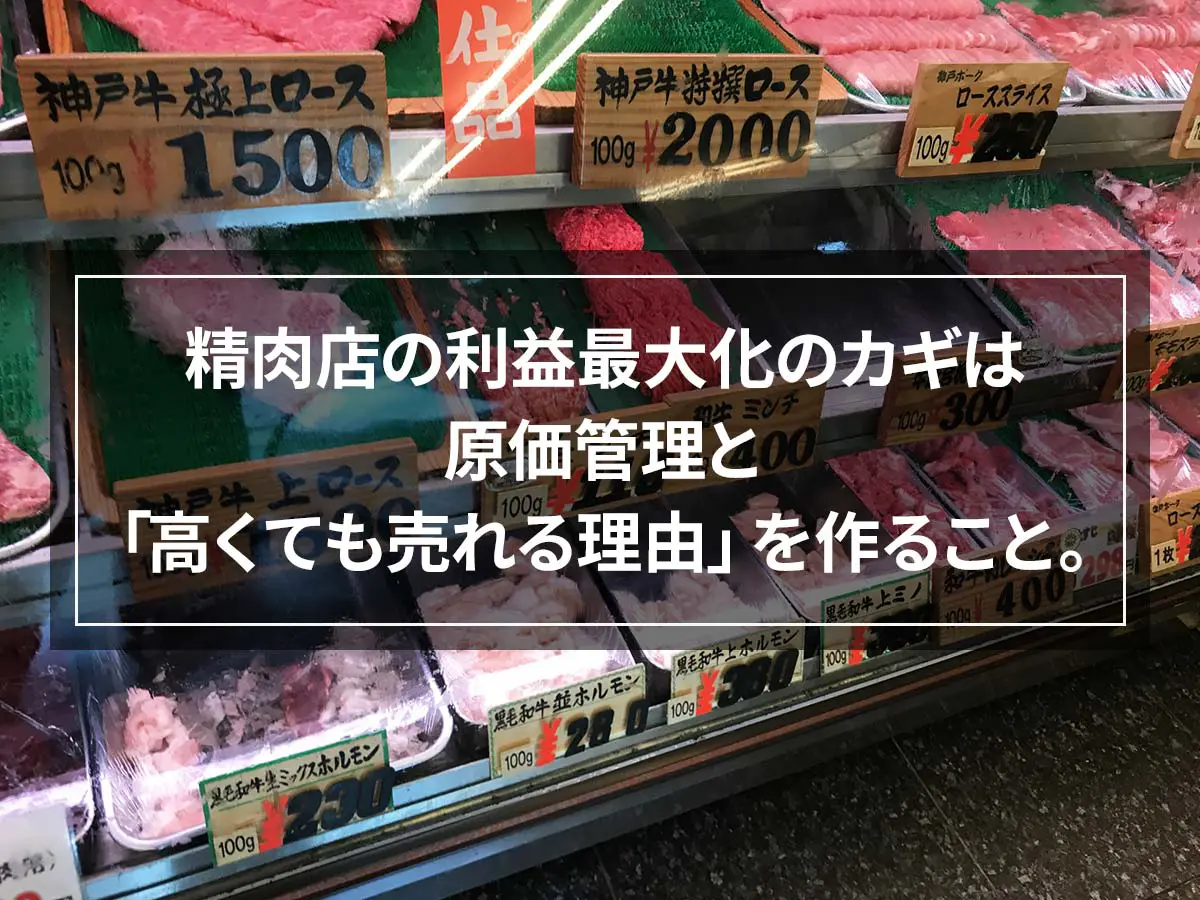
![[Must-see for beginners] What's so great about rapid freezers? Easy-to-understand explanation of the mechanism and benefits!](https://shunkashutou.com/wp-content/uploads/2020/12/9abf7961bd75c2a2af6fb61767b4fdb1-1.webp)

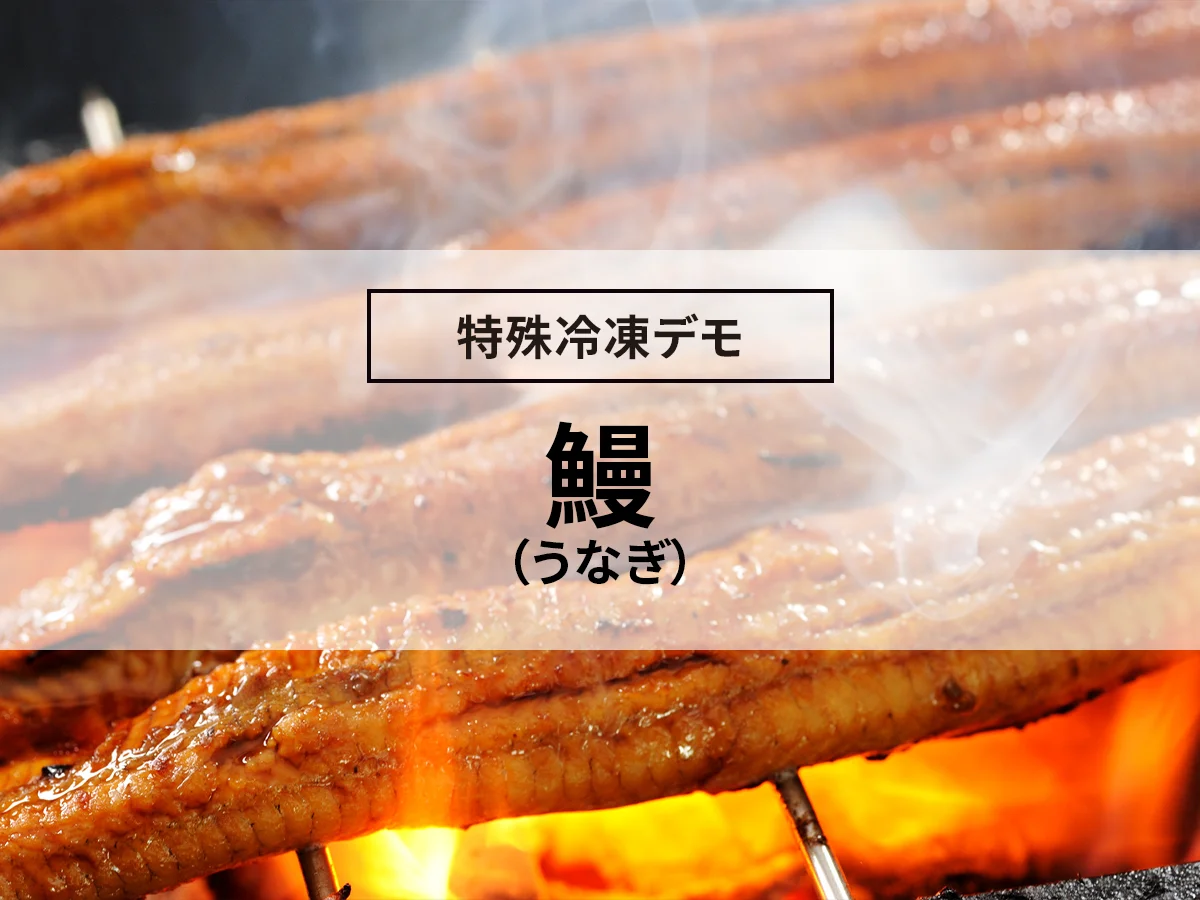
![[Great at sushi restaurants! ] How to increase sales by rapid freezing sushi](https://shunkashutou.com/wp-content/uploads/2016/04/0d3e7f8a3cefa0aefe0a8452e414db21.jpg)

![[Bringing fresh cakes nationwide] How to dramatically increase profits at a pastry shop?](https://shunkashutou.com/wp-content/uploads/2024/09/661ea3ee6264fab6520017622c656870.webp)


![Shock freezer prices and reasons why we can't recommend used ones [What's the difference from a blast chiller? ]](https://shunkashutou.com/wp-content/uploads/2019/09/f76c6907f41d0b092e20d0924e5f27c9.webp)



![[Thorough guide to preserving meat] Preservation methods, expiration dates, thawing methods, rapid freezing](https://shunkashutou.com/wp-content/uploads/2023/09/ec61889773cfed9c75aa97d9ca6c96dd-1.jpg)
![[Eliminating the labor shortage! ] Introducing the benefits of the cook-freeze system!](https://shunkashutou.com/wp-content/uploads/2018/12/72352e99f79e7f2bfa6e9eca24acceb0.webp)

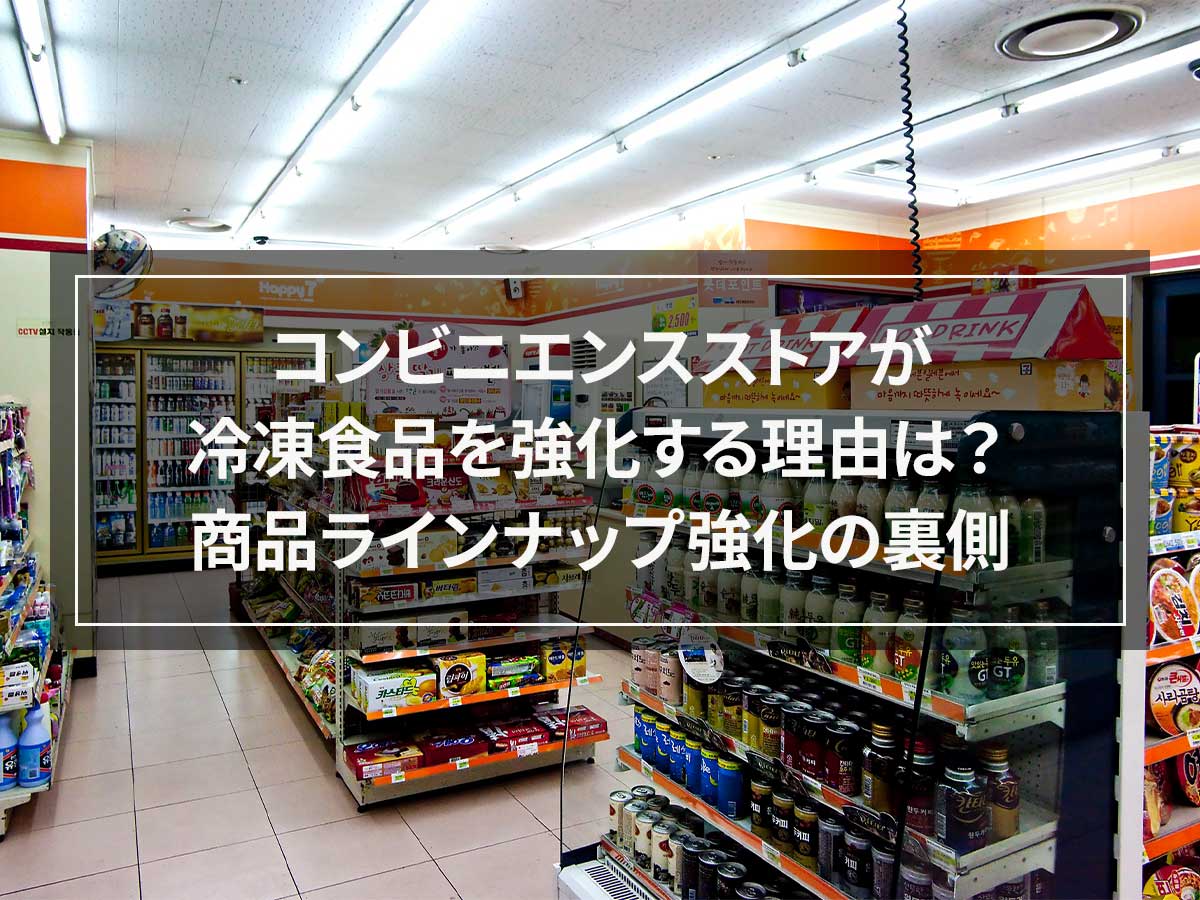
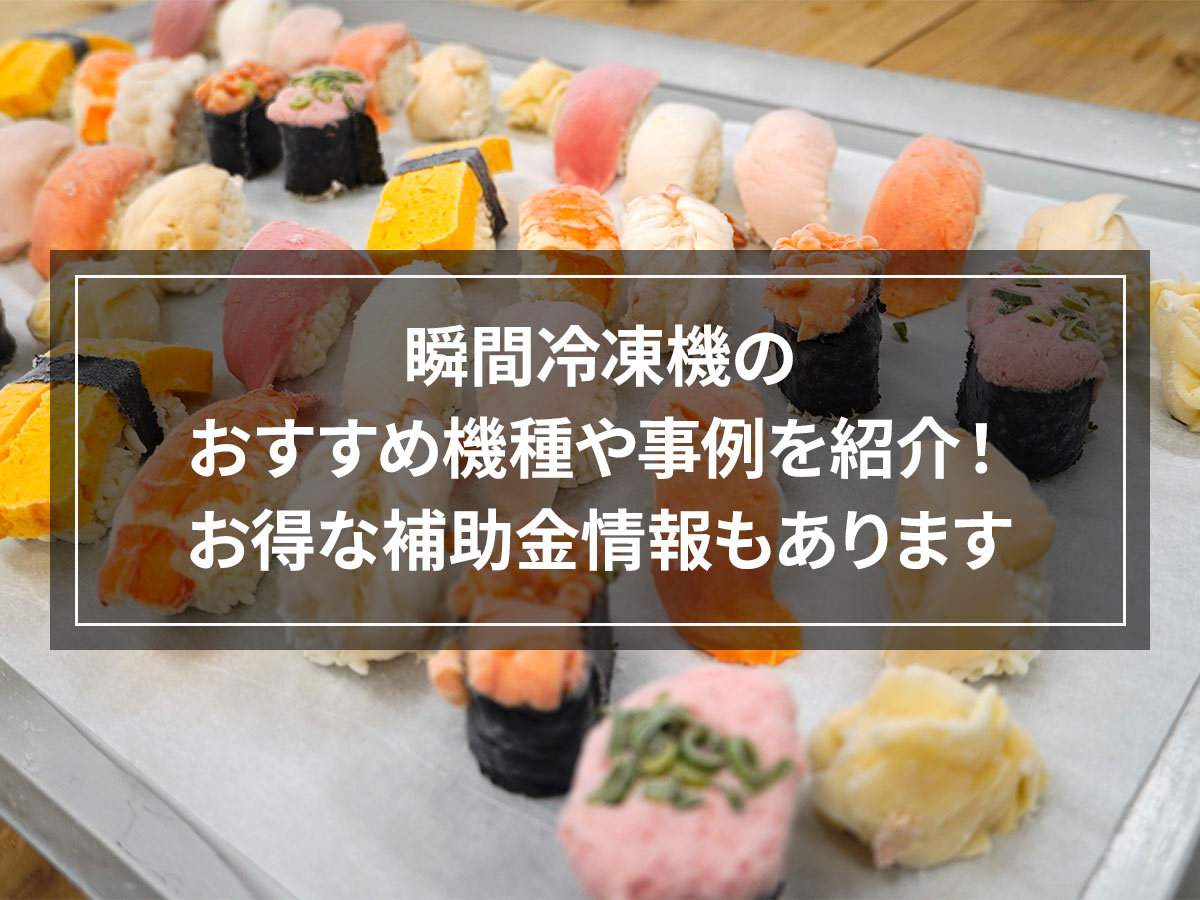
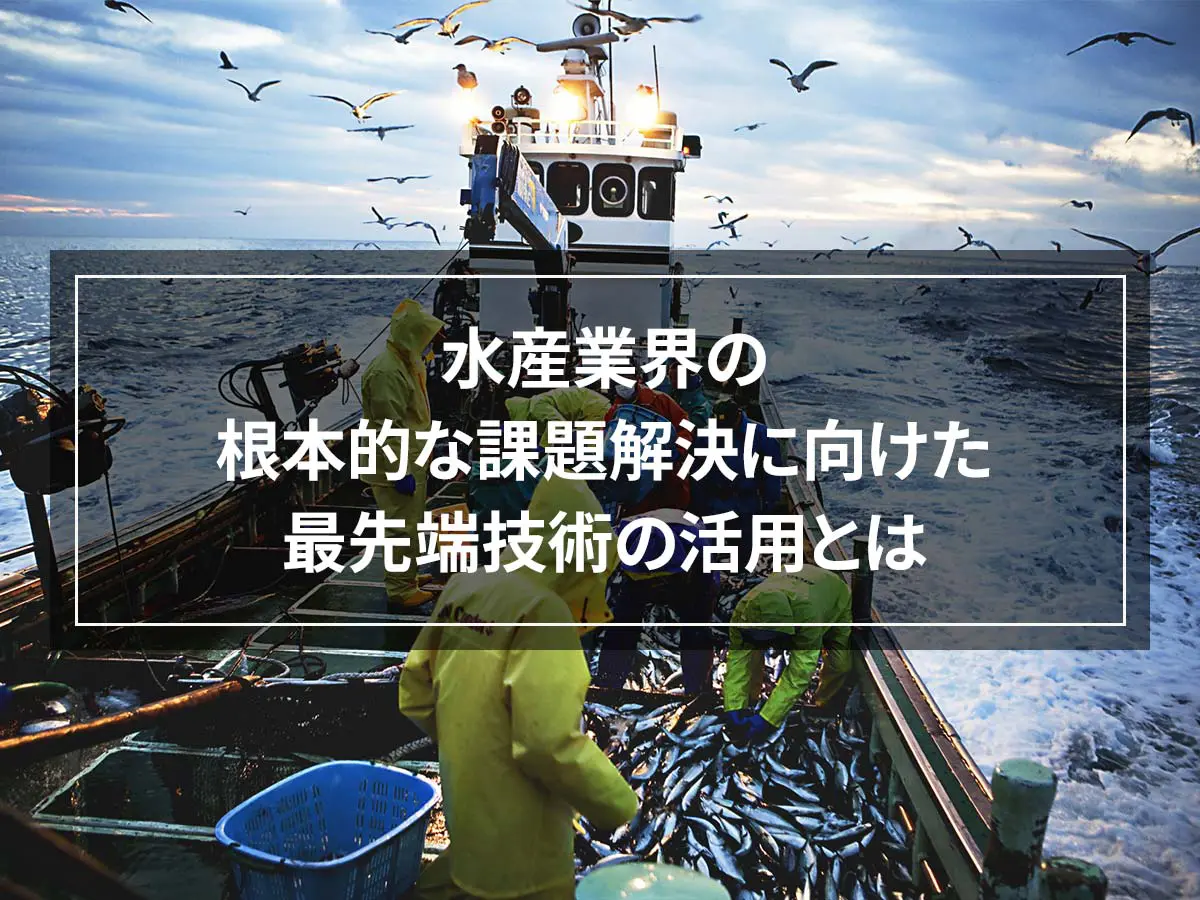
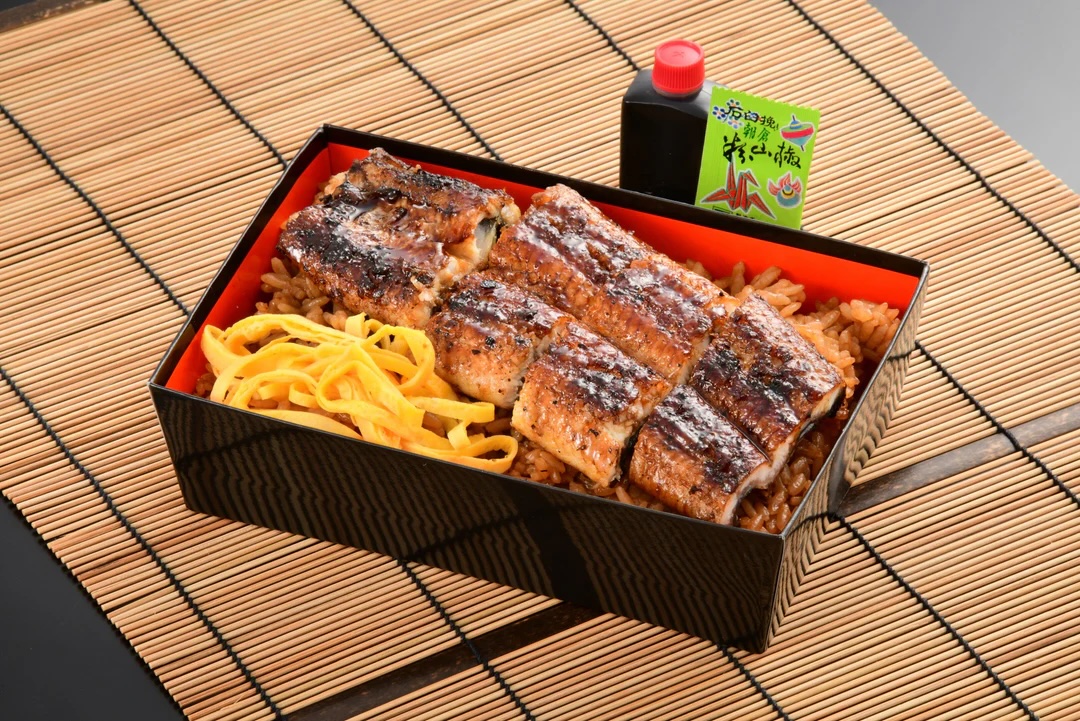

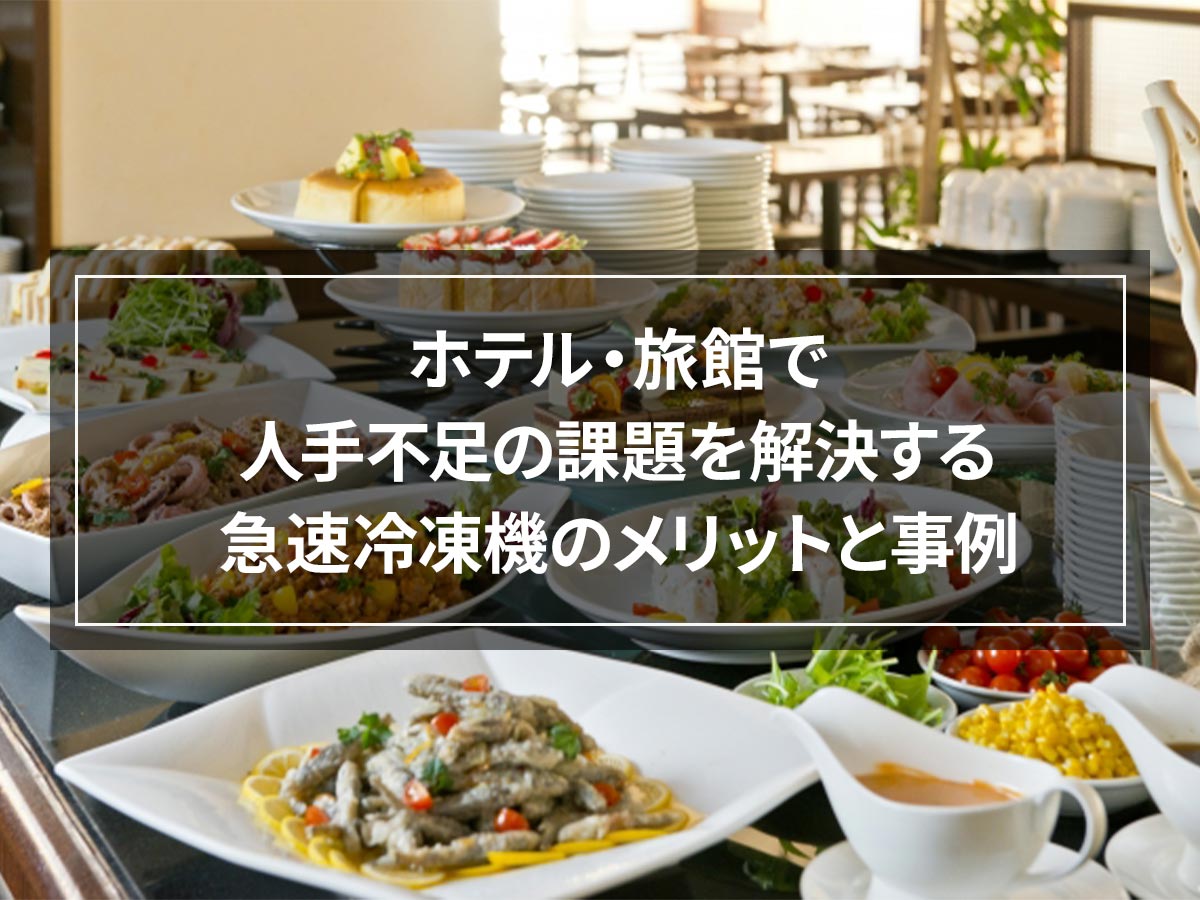
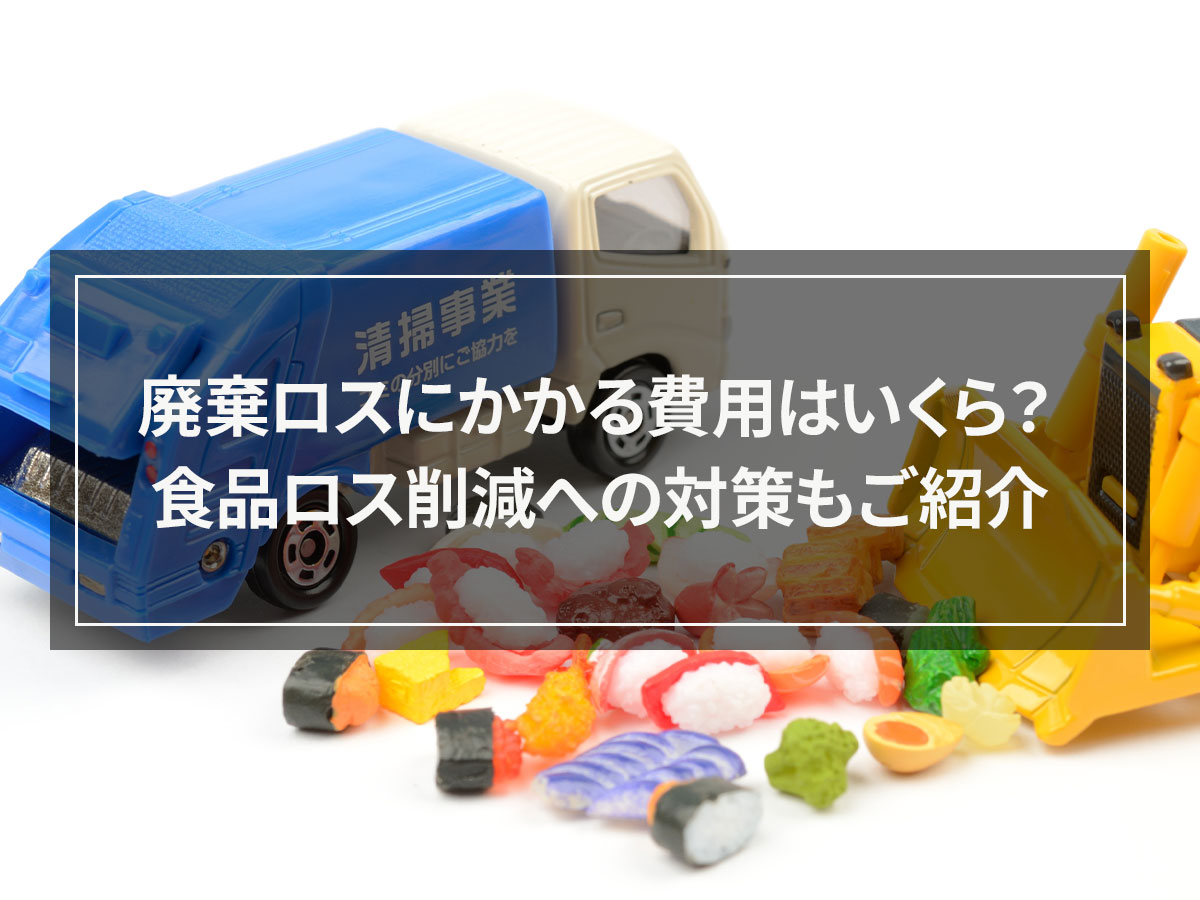
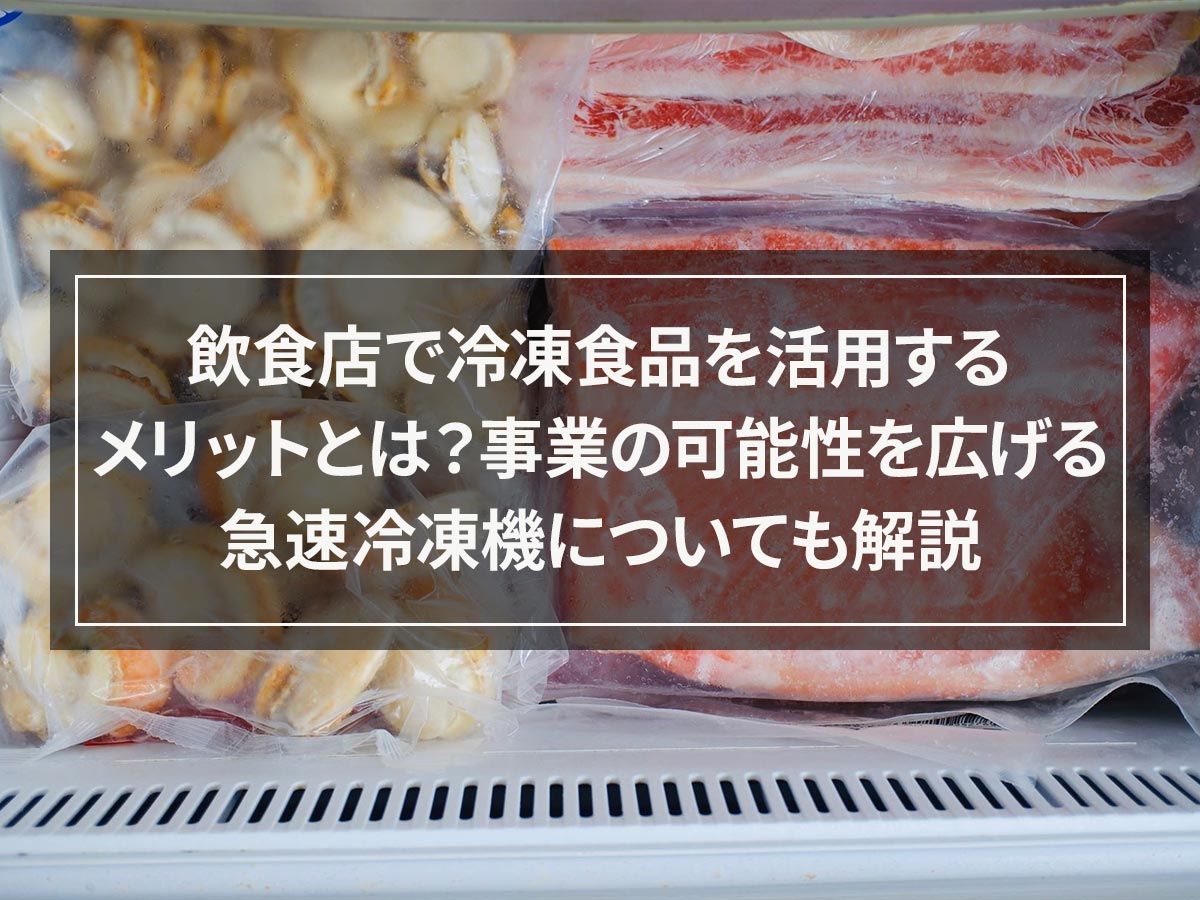
![[Includes recommendations by industry] Summary of types and benefits of small rapid freezer](https://shunkashutou.com/wp-content/uploads/2020/12/smallsize.jpg)
![[Introducing case studies as well!] 5 reasons why curry restaurants should install rapid freezer](https://shunkashutou.com/wp-content/uploads/2024/07/2a0deb9a6db53165f0a4938bc80cee46.webp)





![[Can it be frozen? ] How to freeze and thaw okonomiyaki, arrangement recipe!](https://shunkashutou.com/wp-content/uploads/2024/01/58bc763c02f23a2a6442d6449853a67b.jpg)
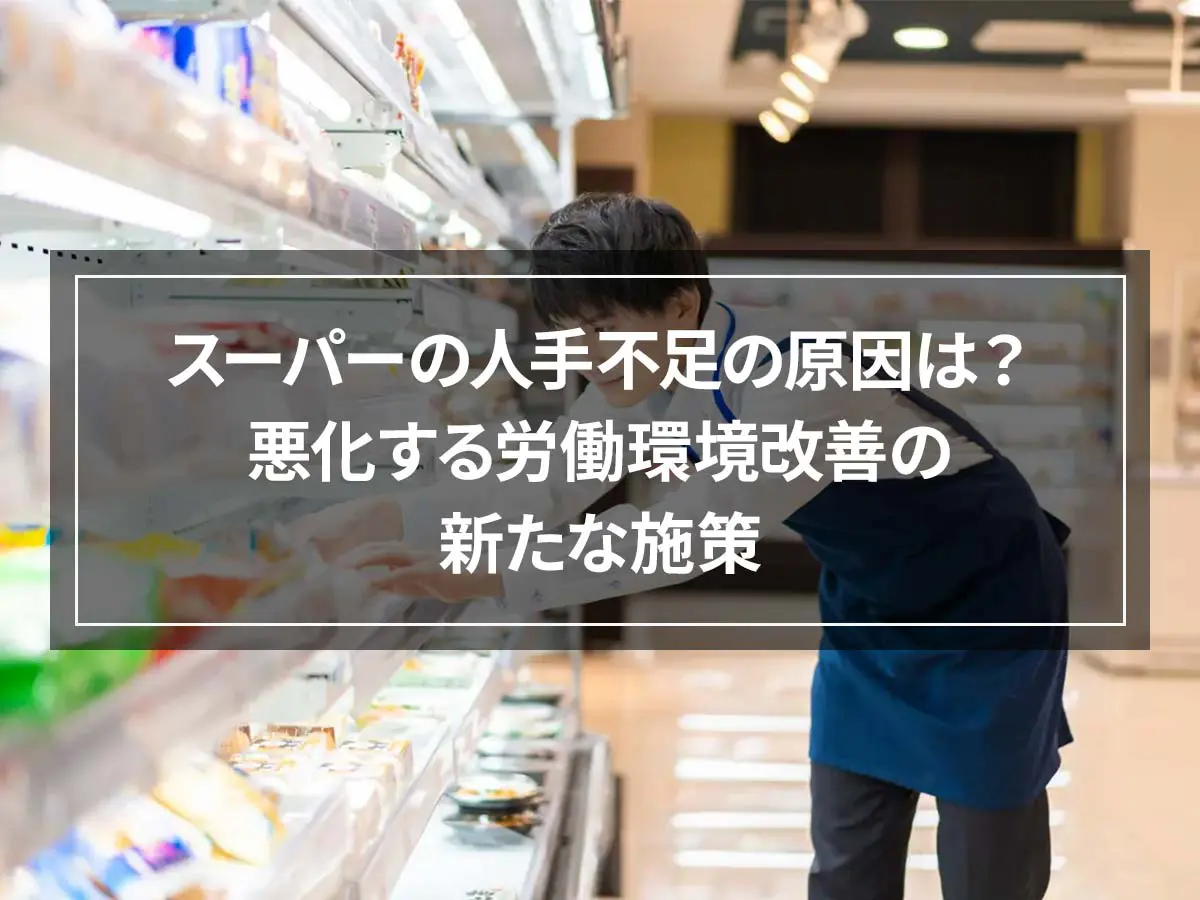
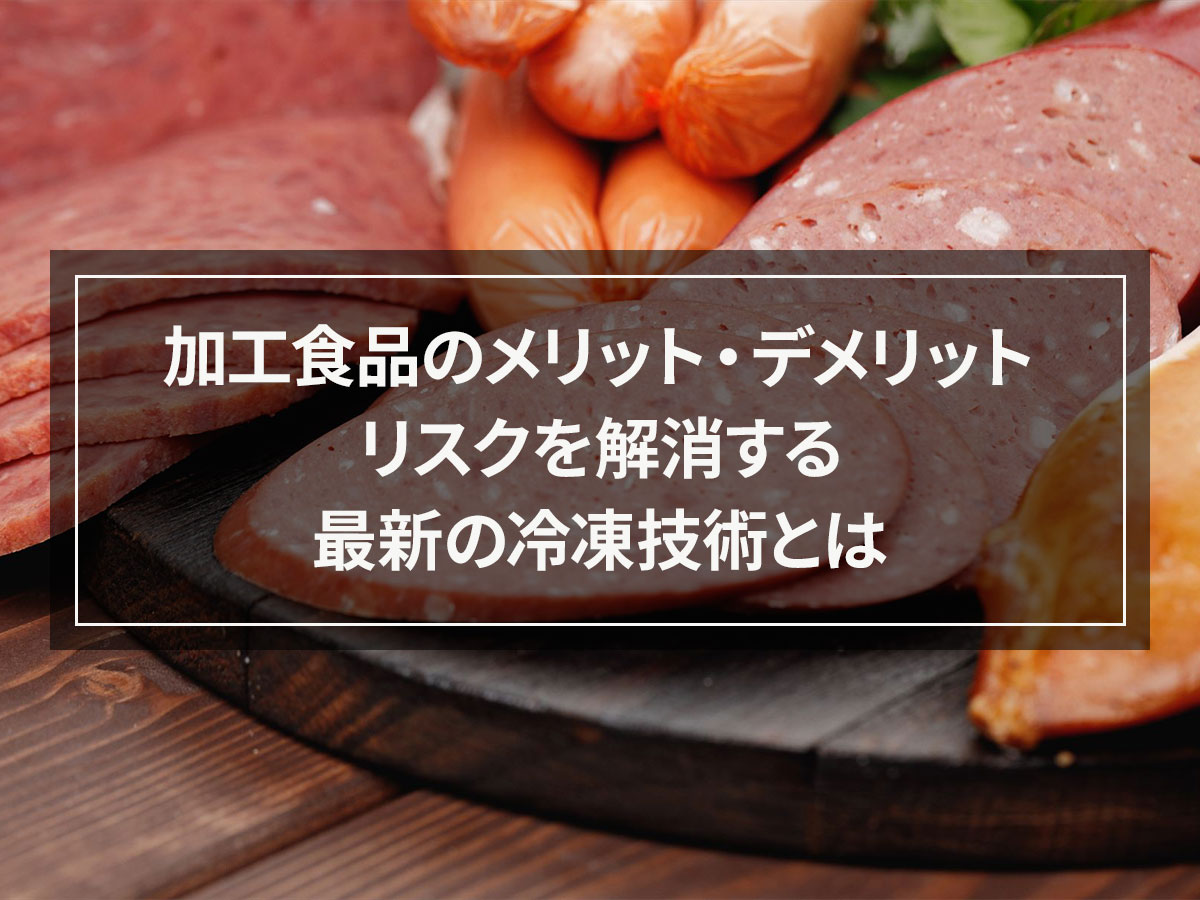

![[A must-see for restaurants that serve rice] What is rapid freezing that can preserve rice for a long time?](https://shunkashutou.com/wp-content/uploads/2024/05/c62e7b670b6a349aa31ef2d681a21137.webp)
